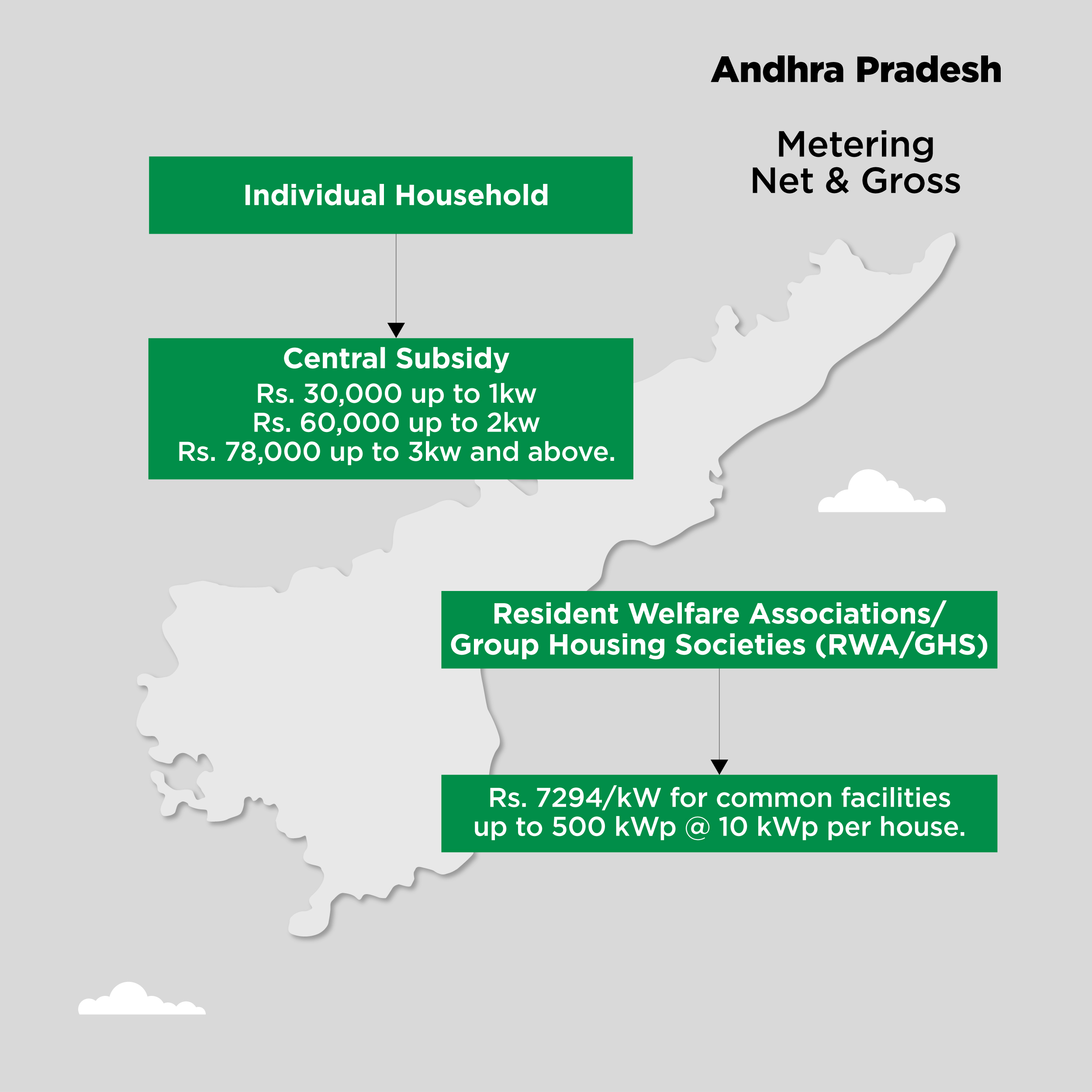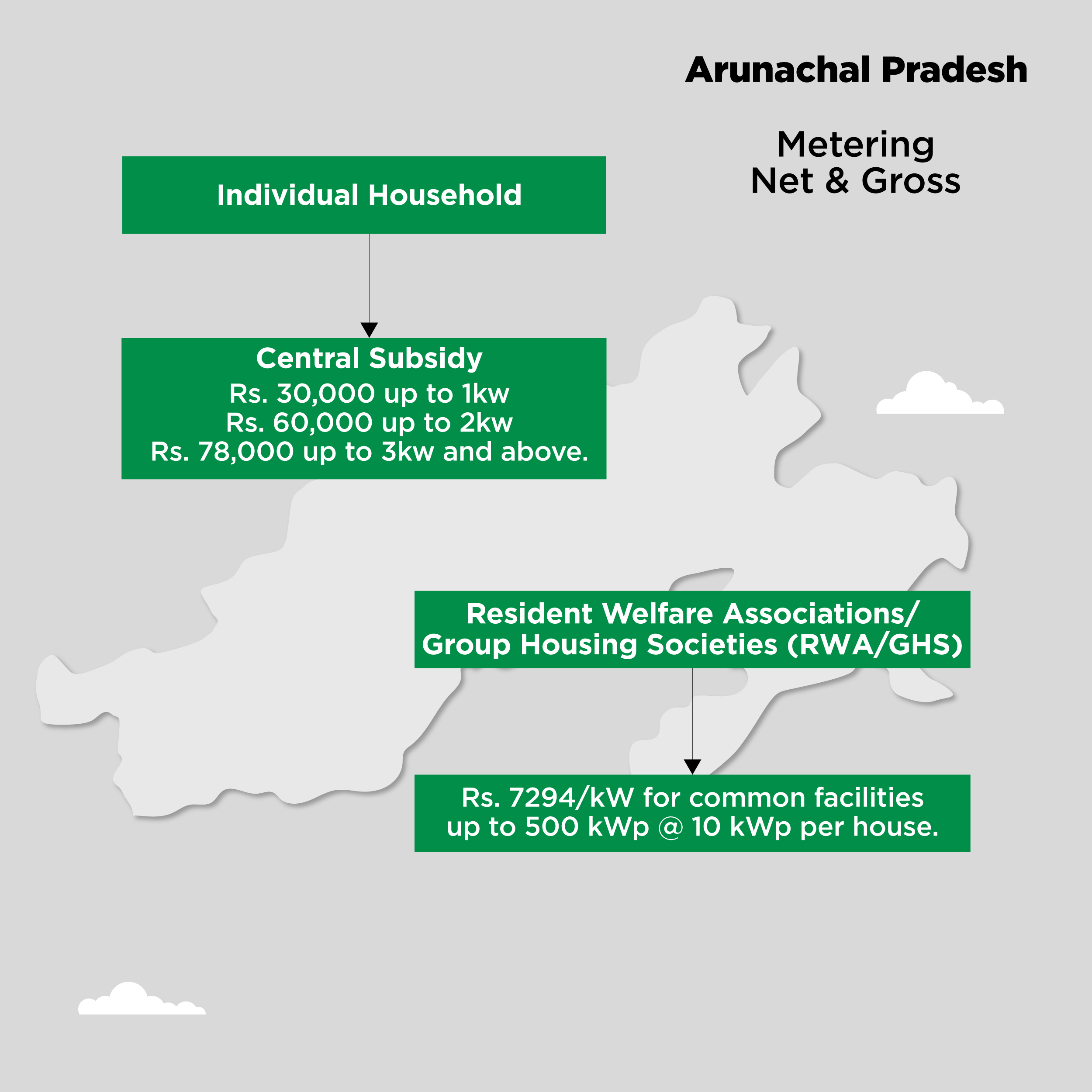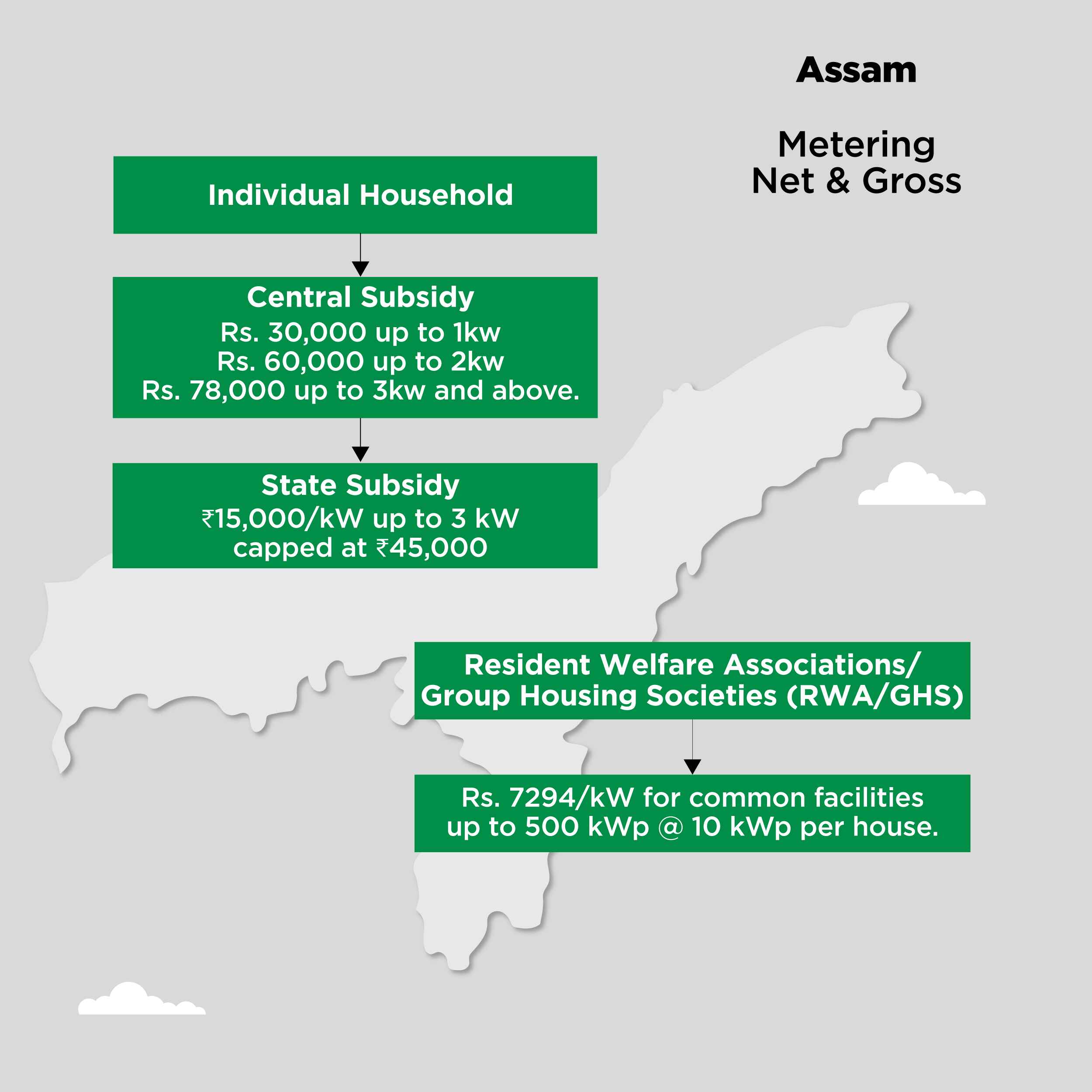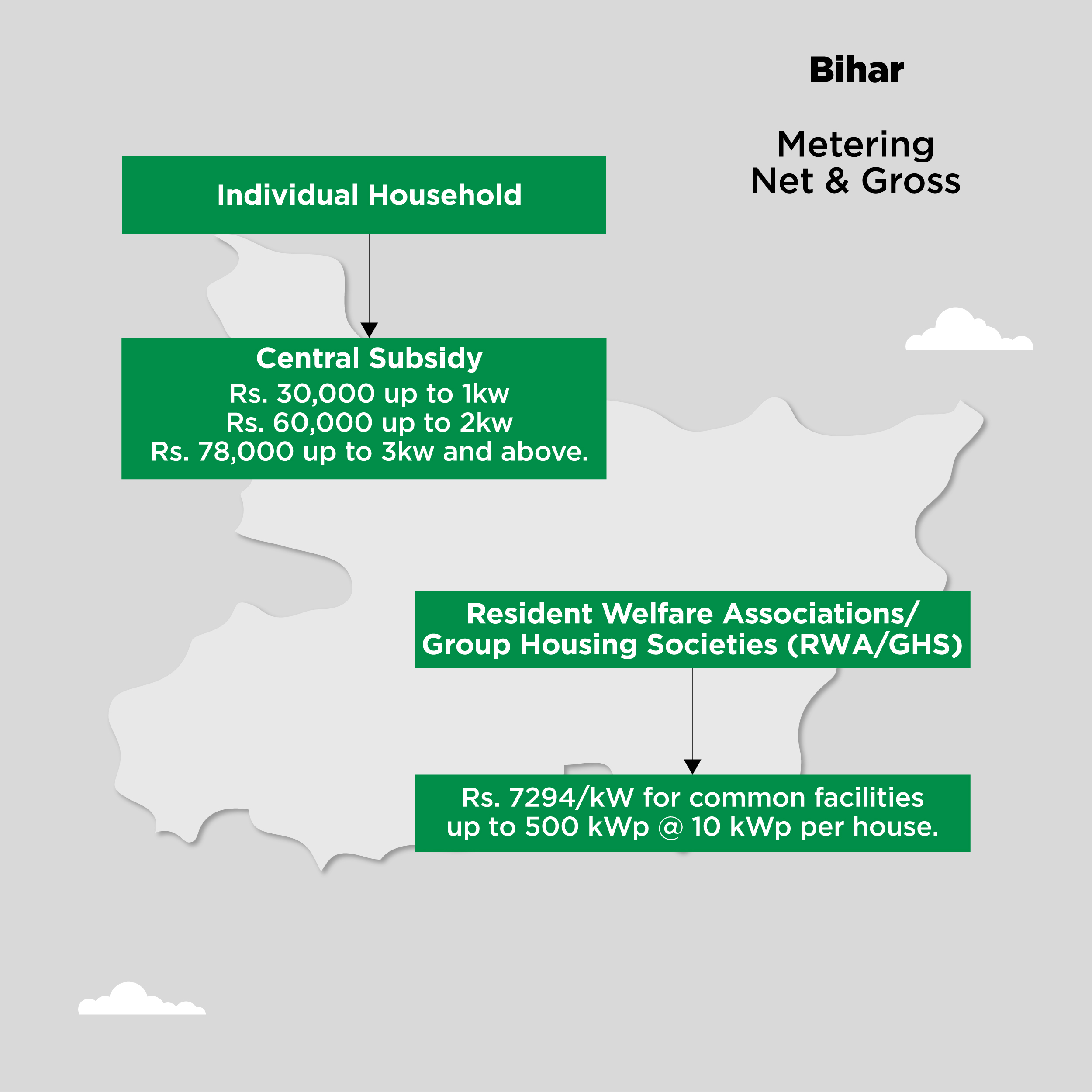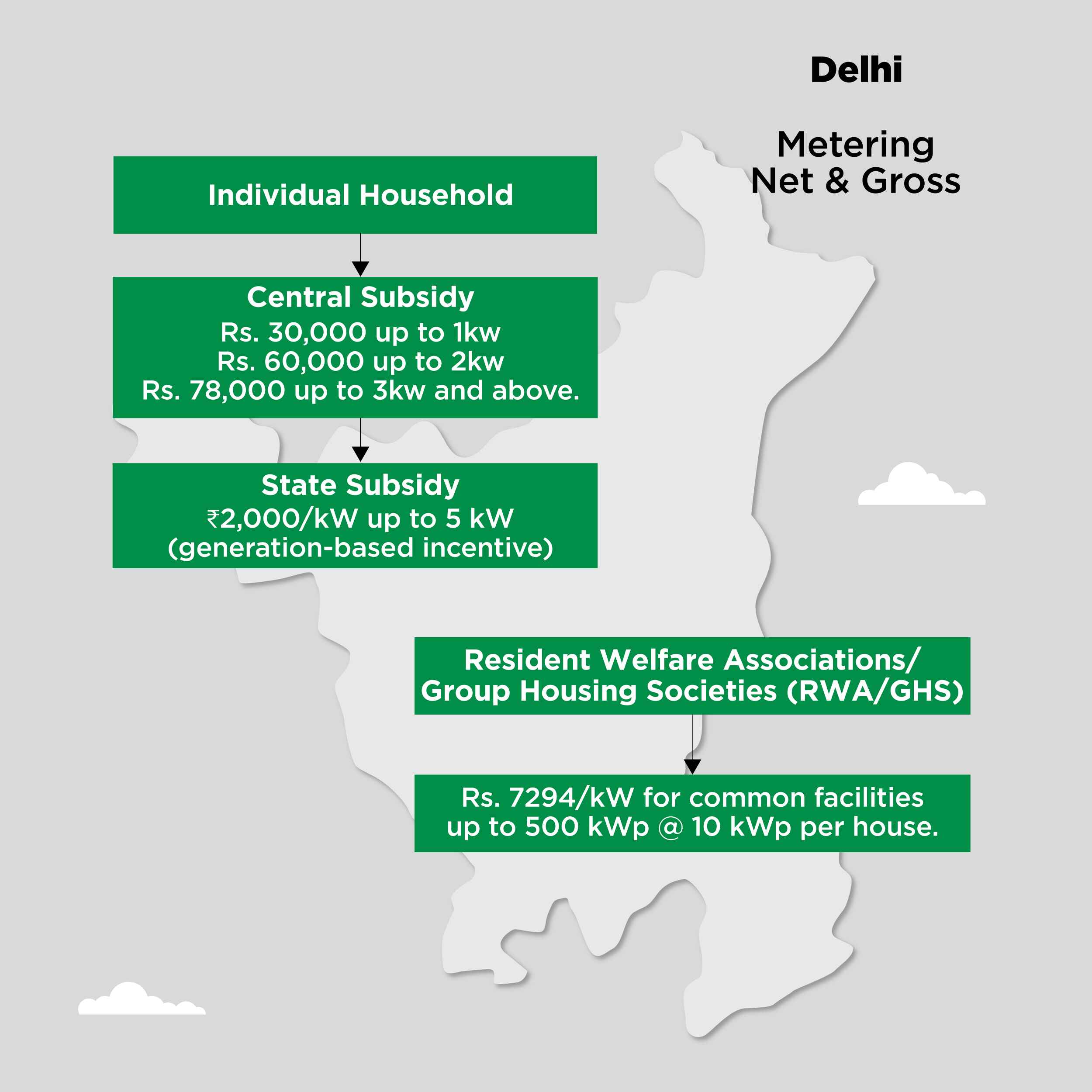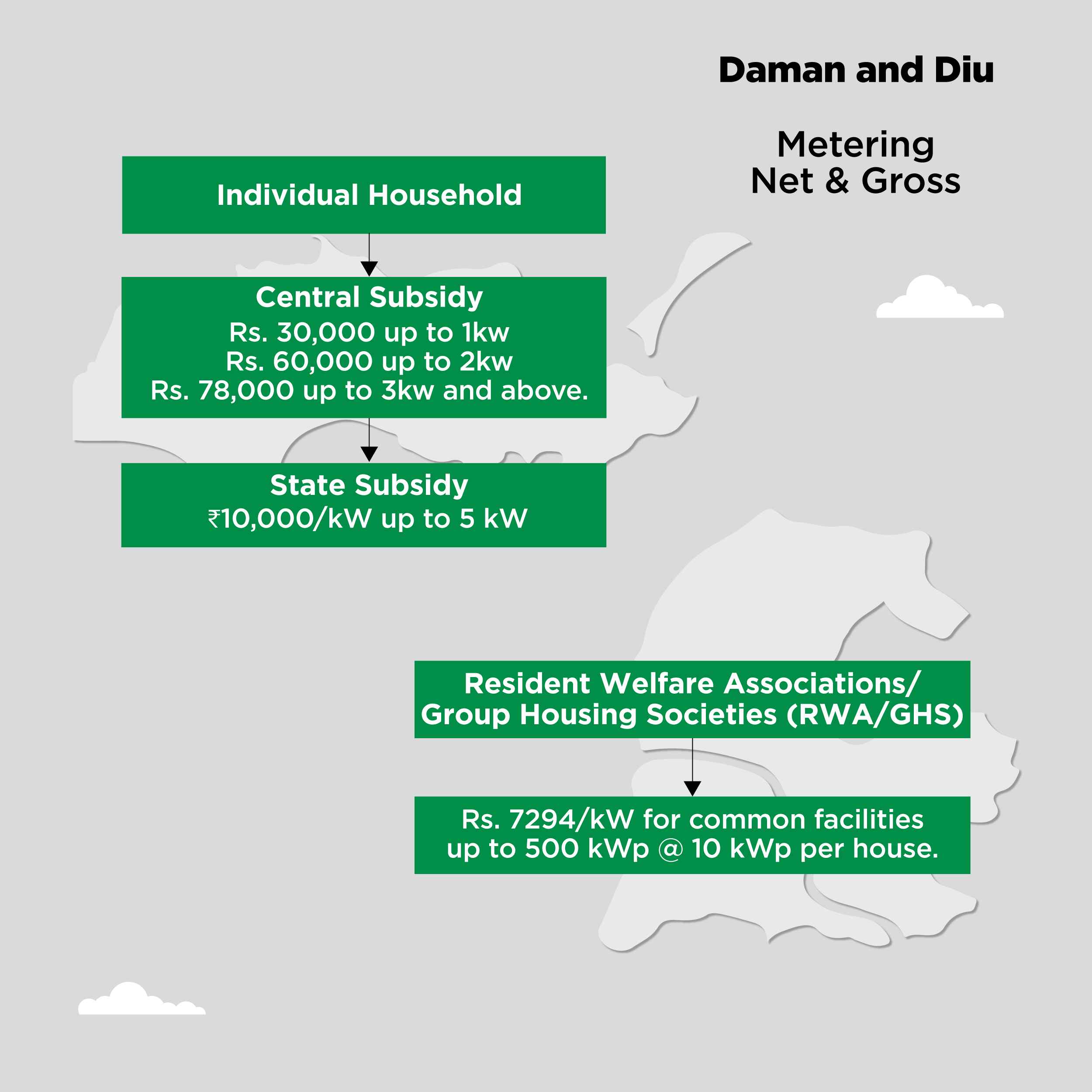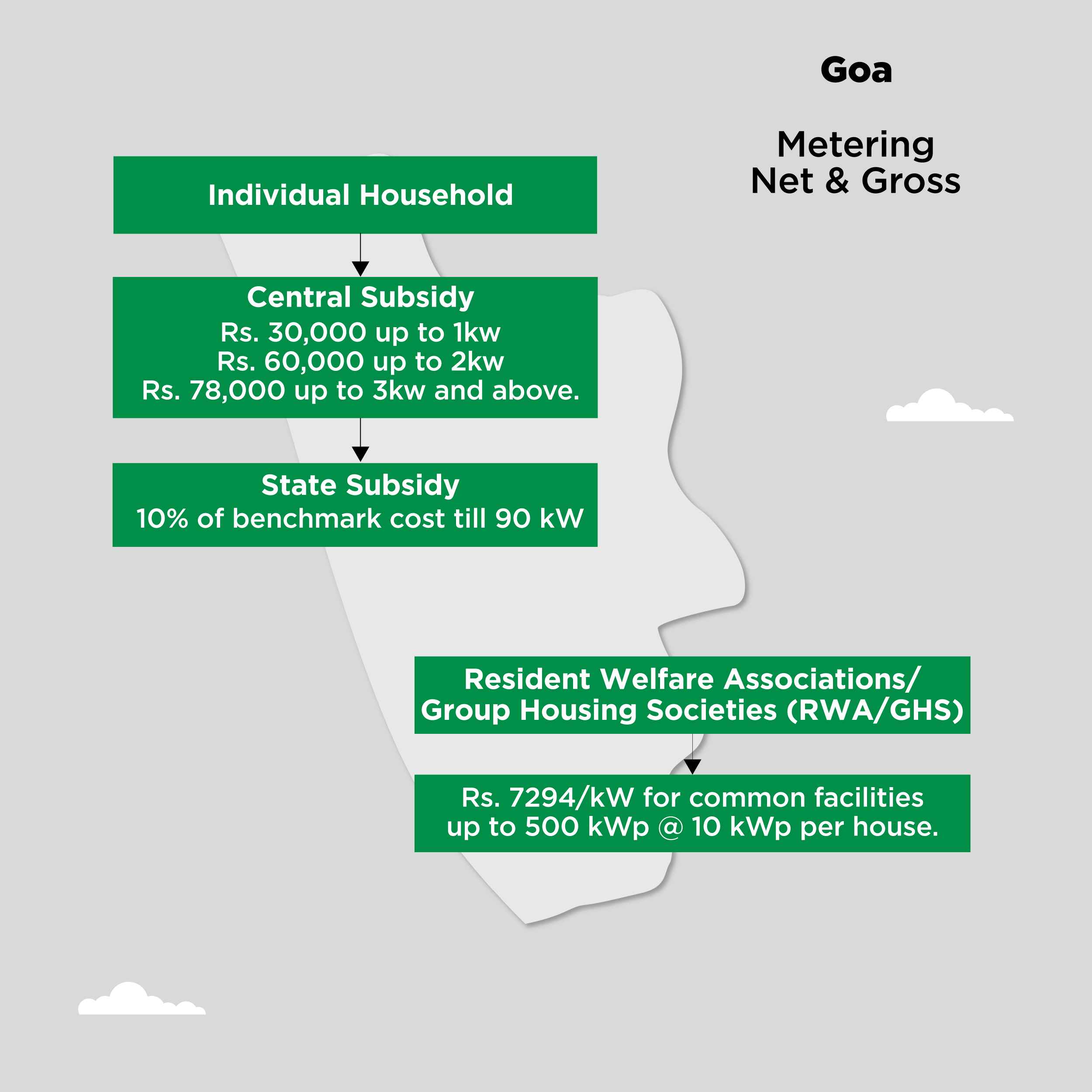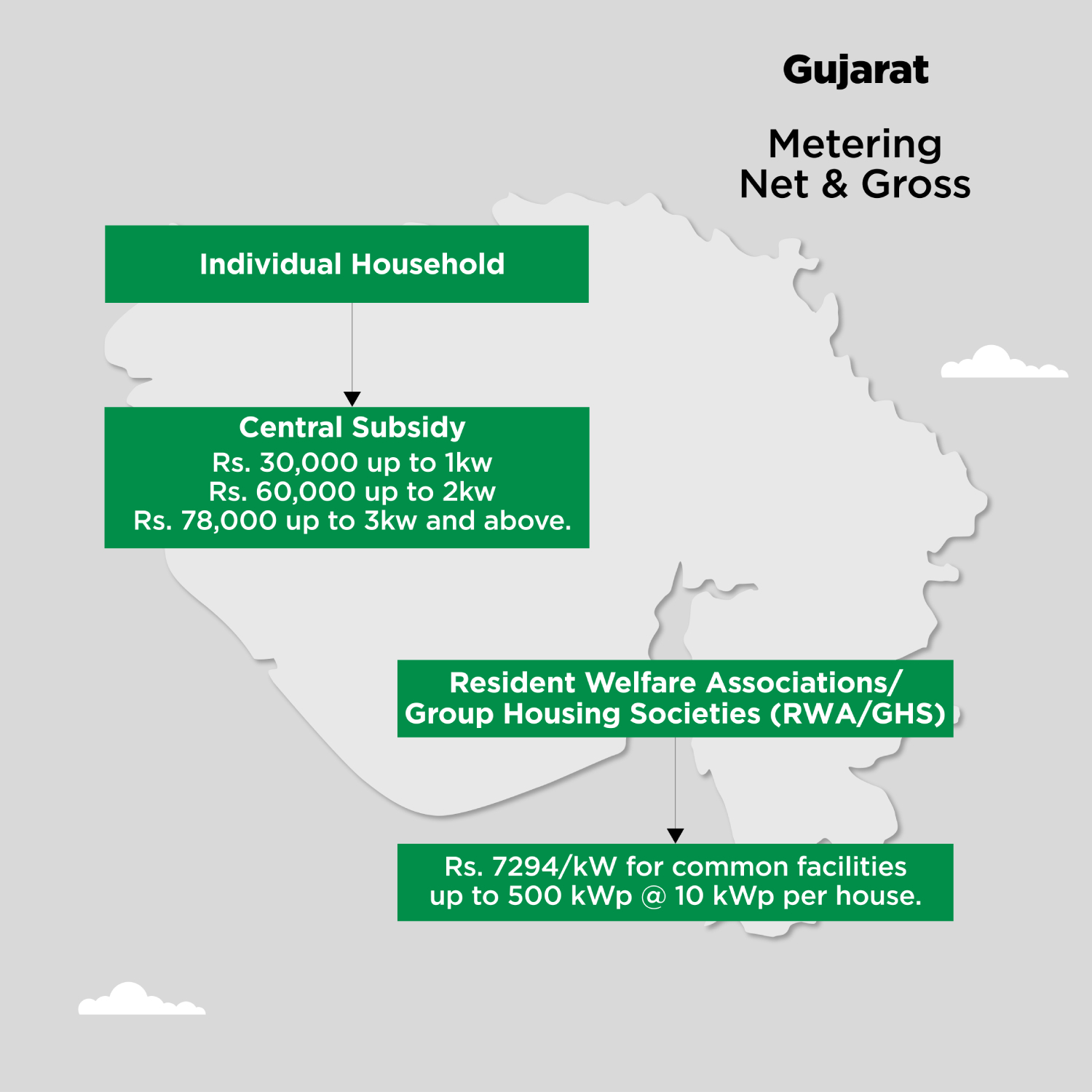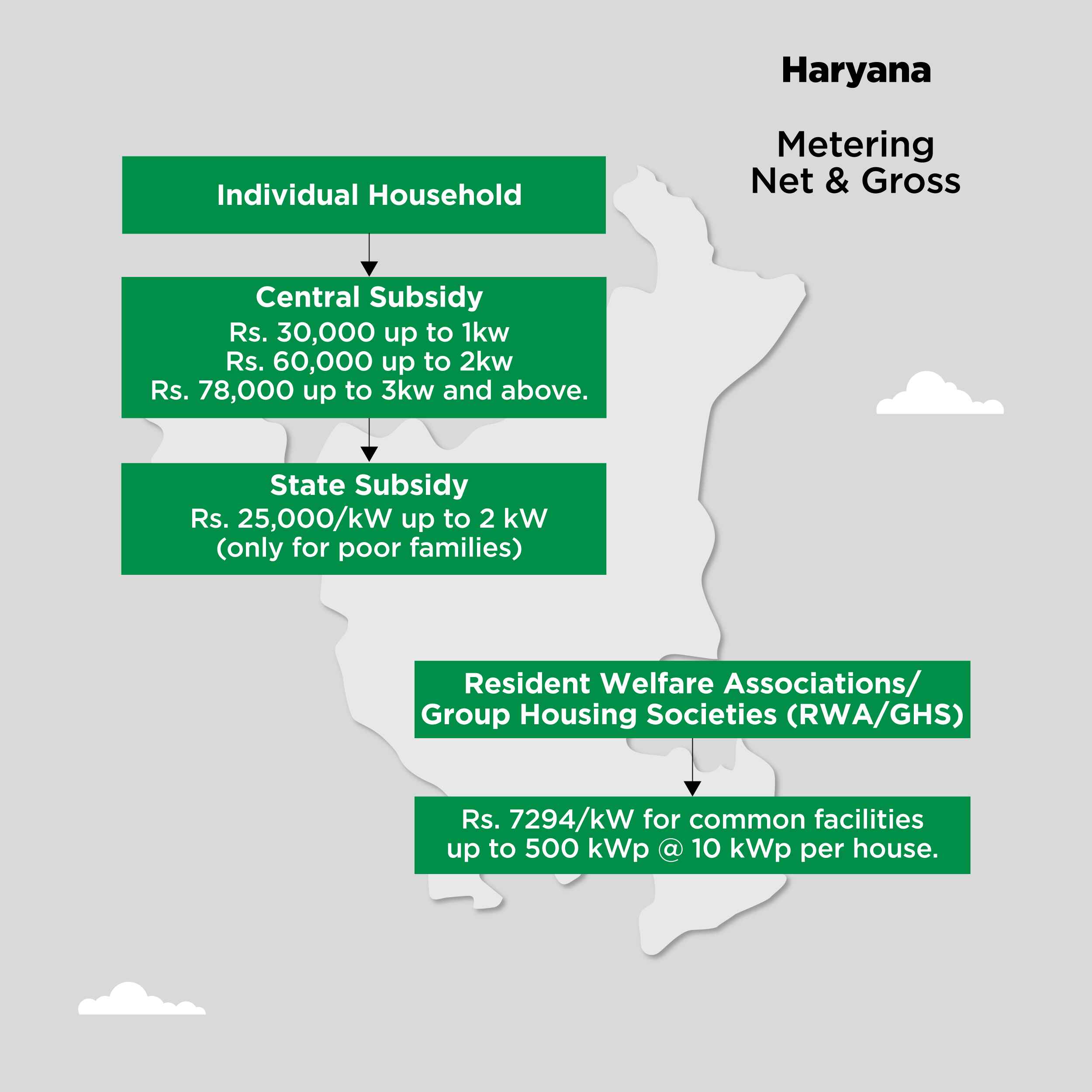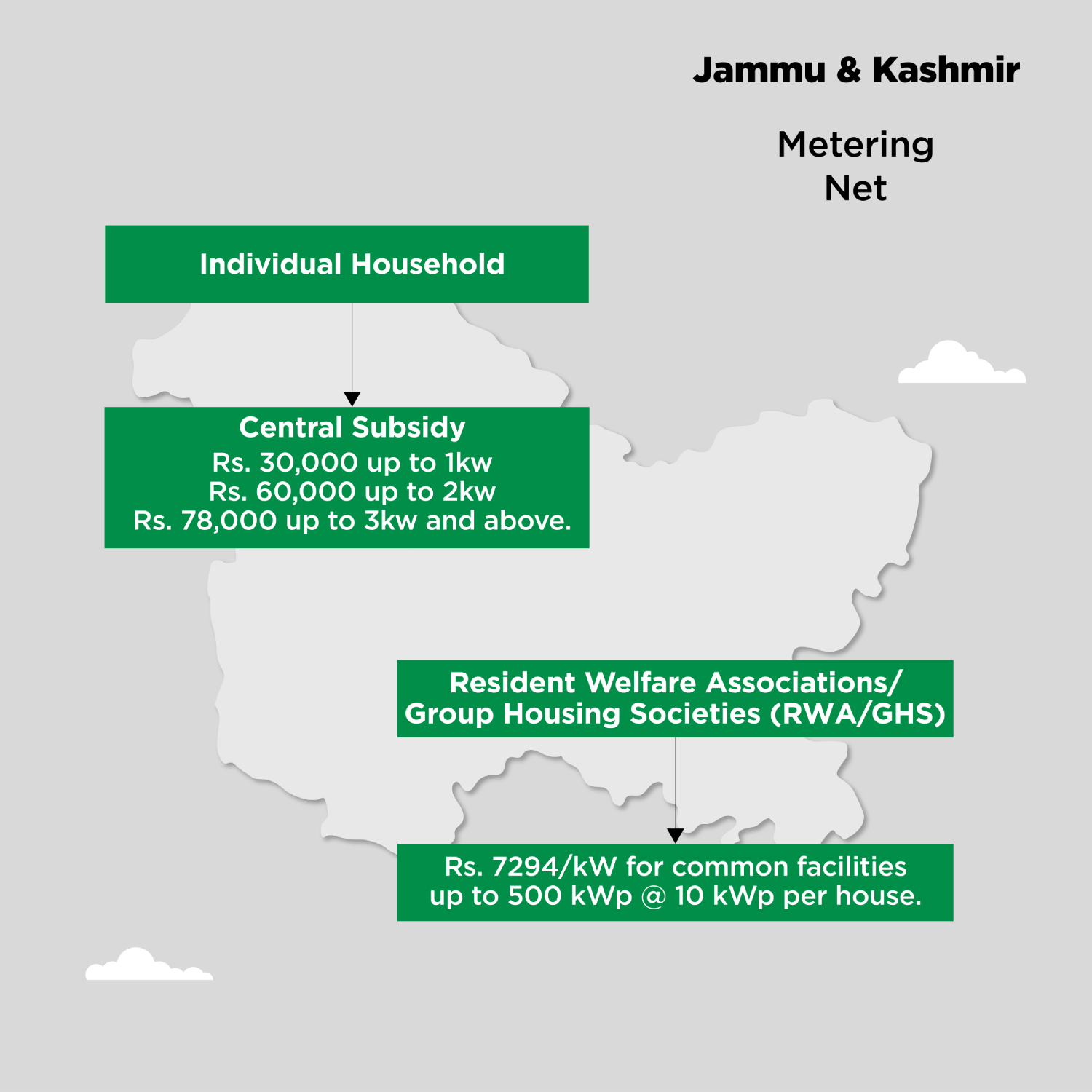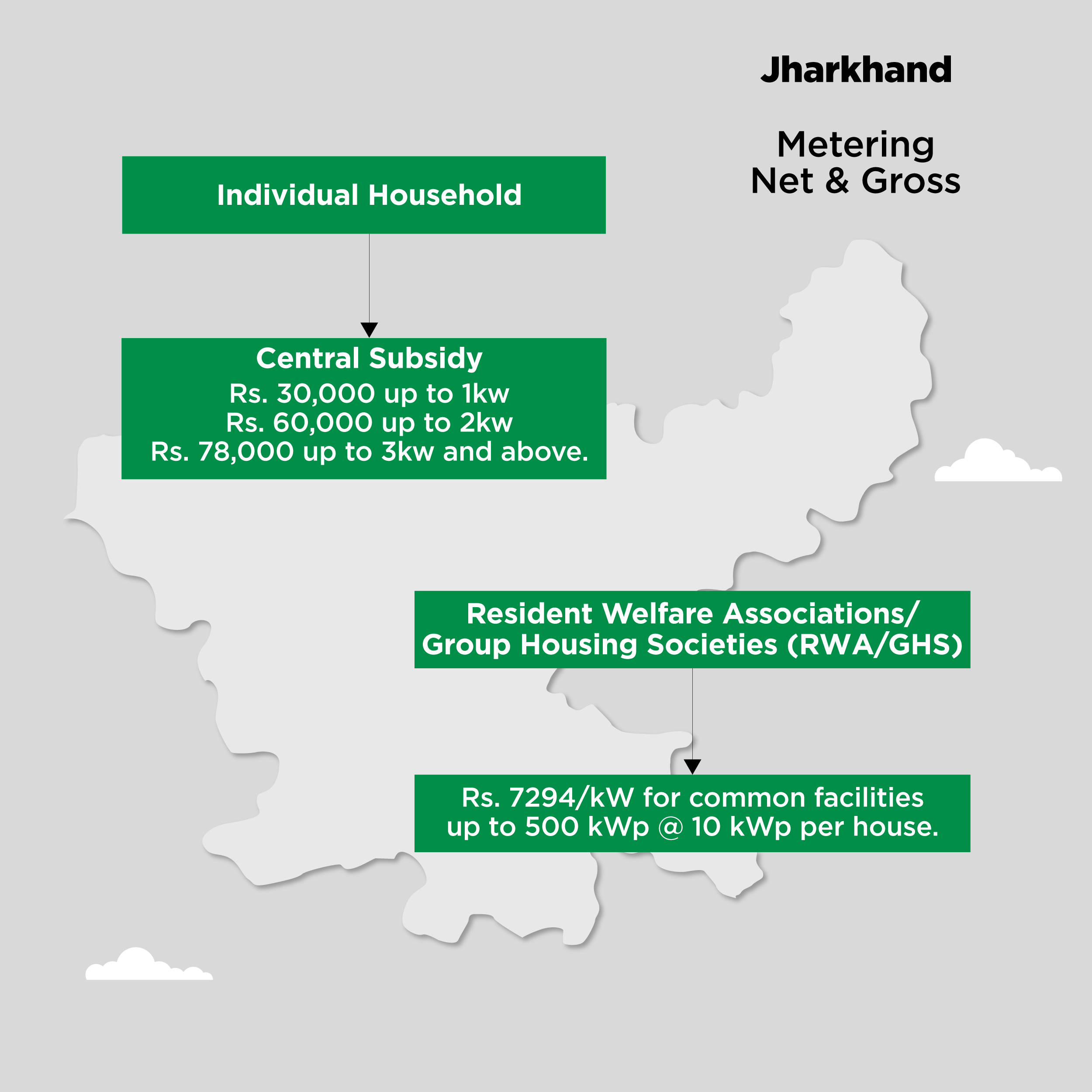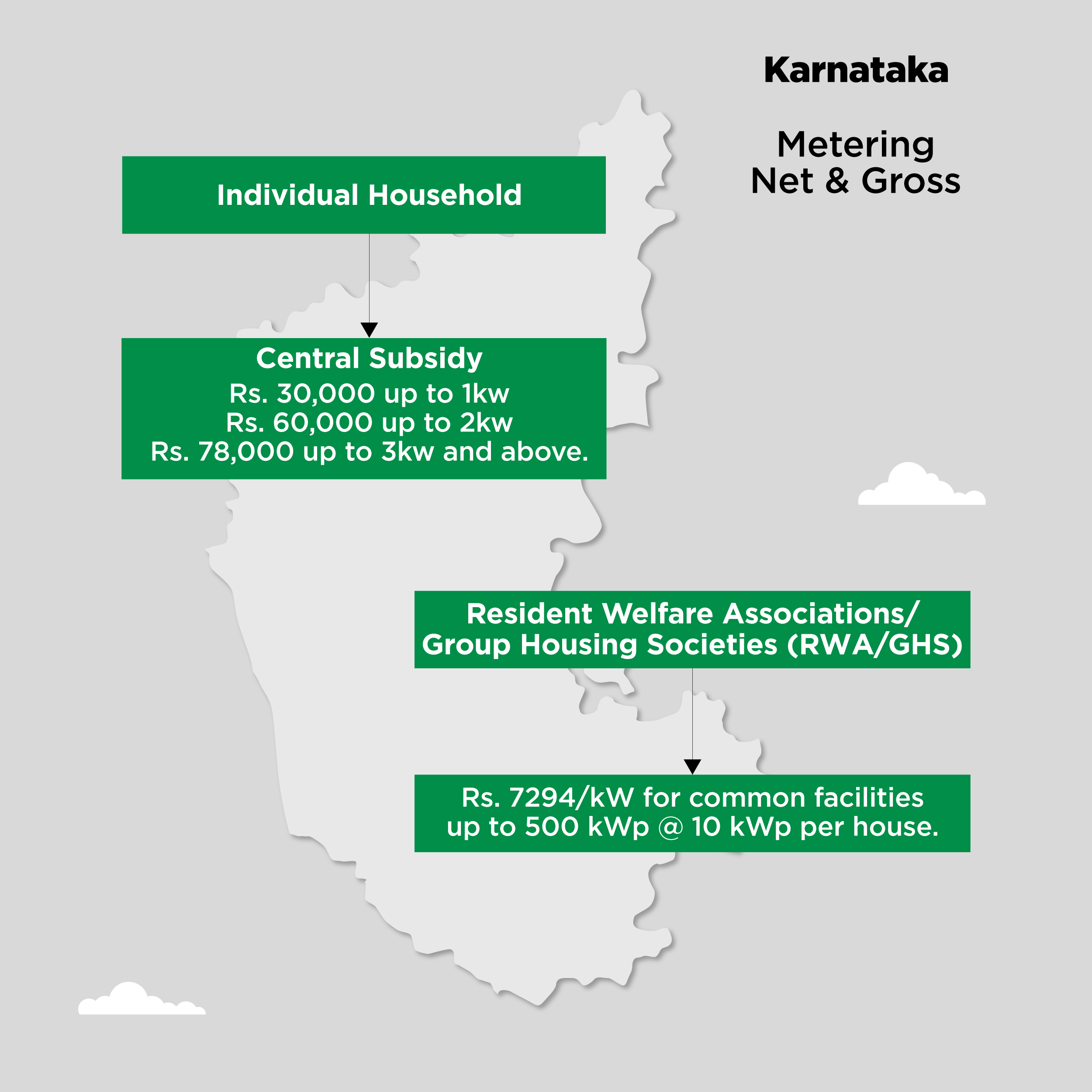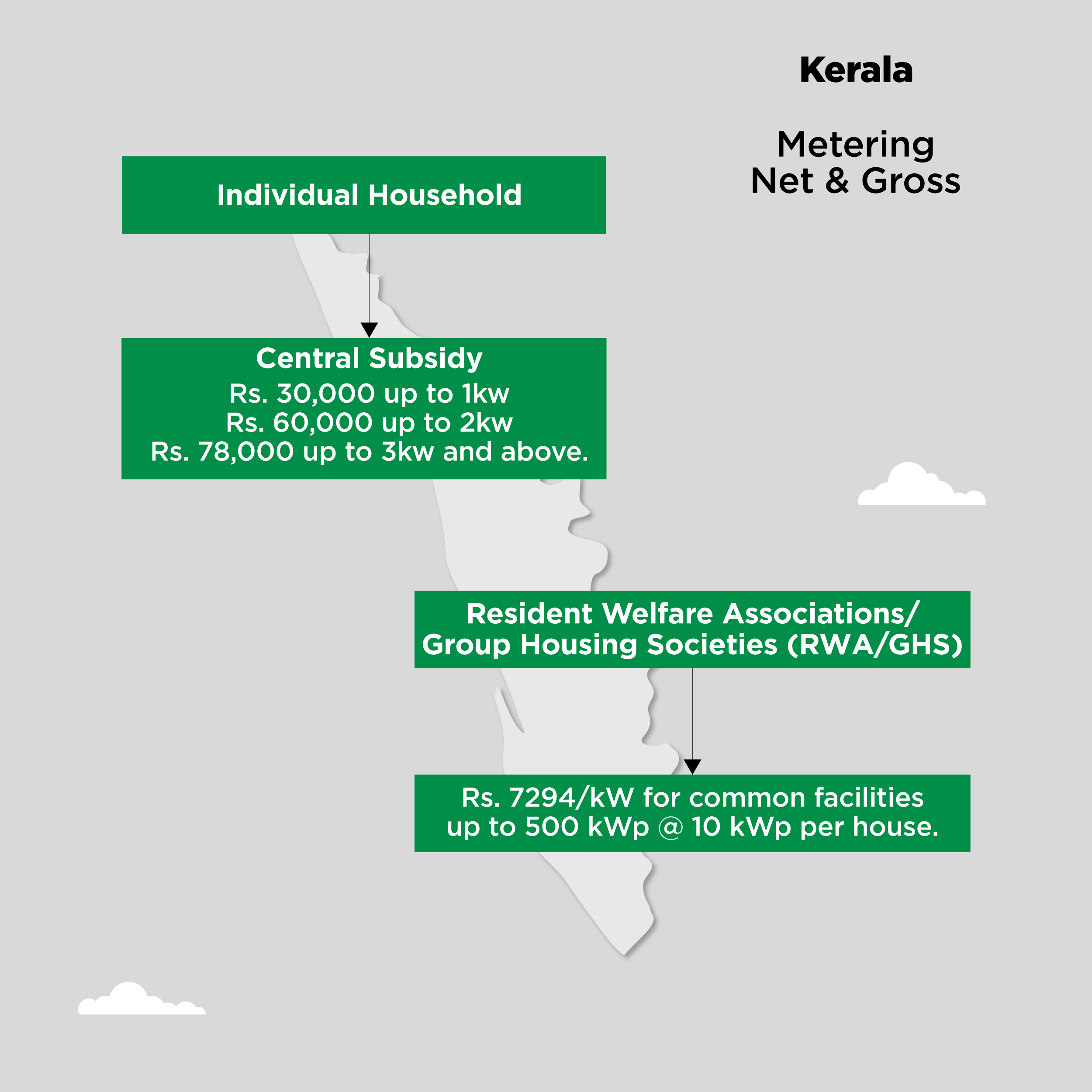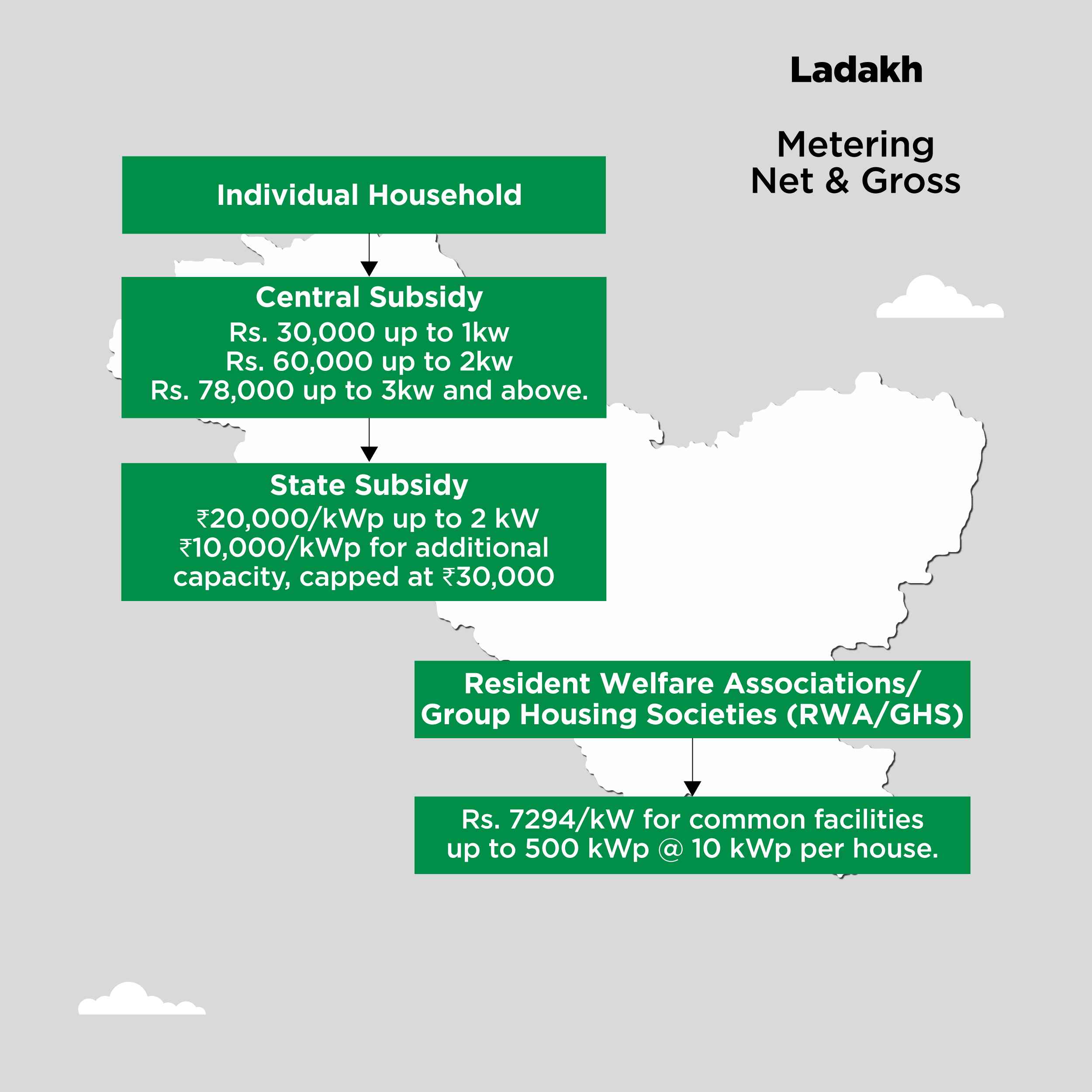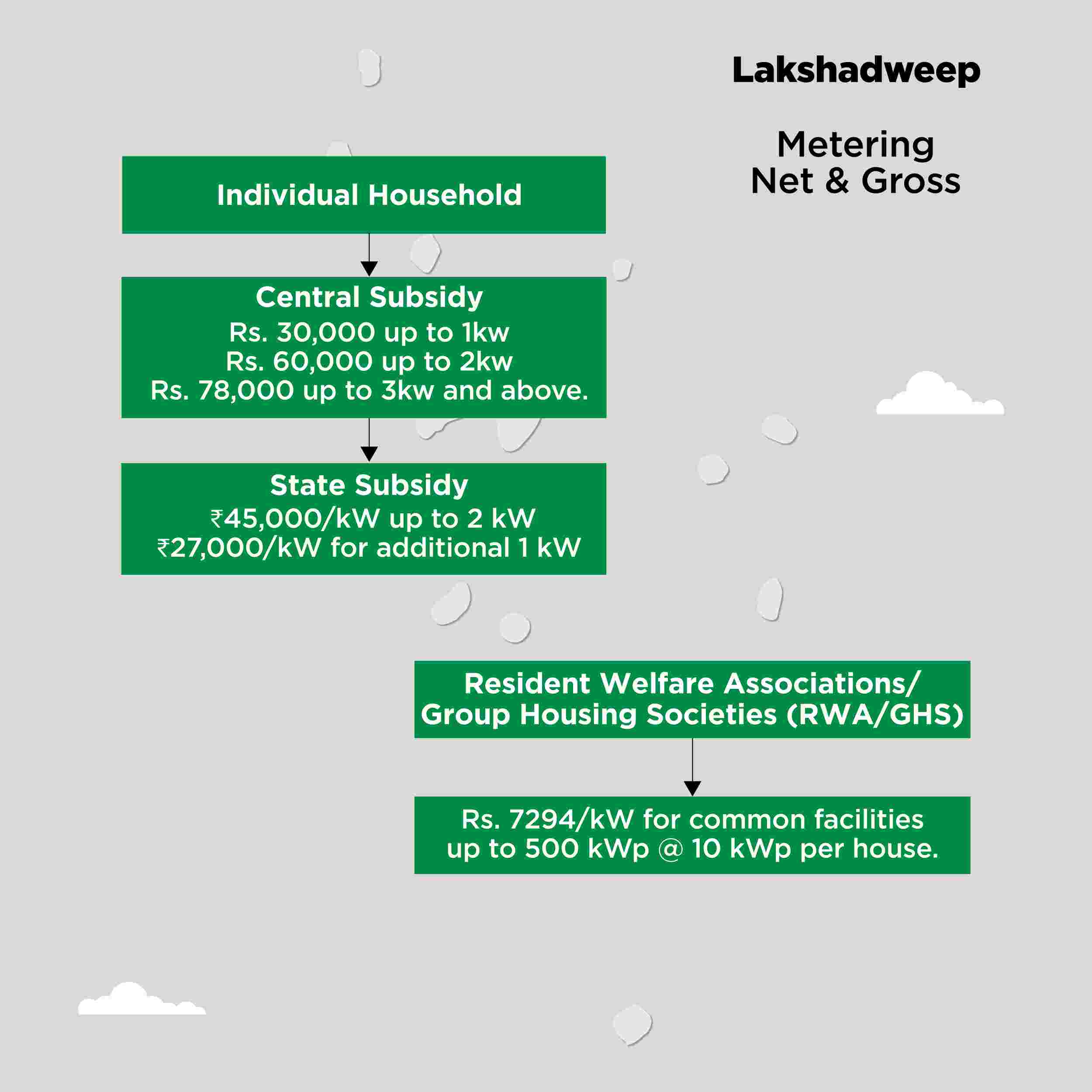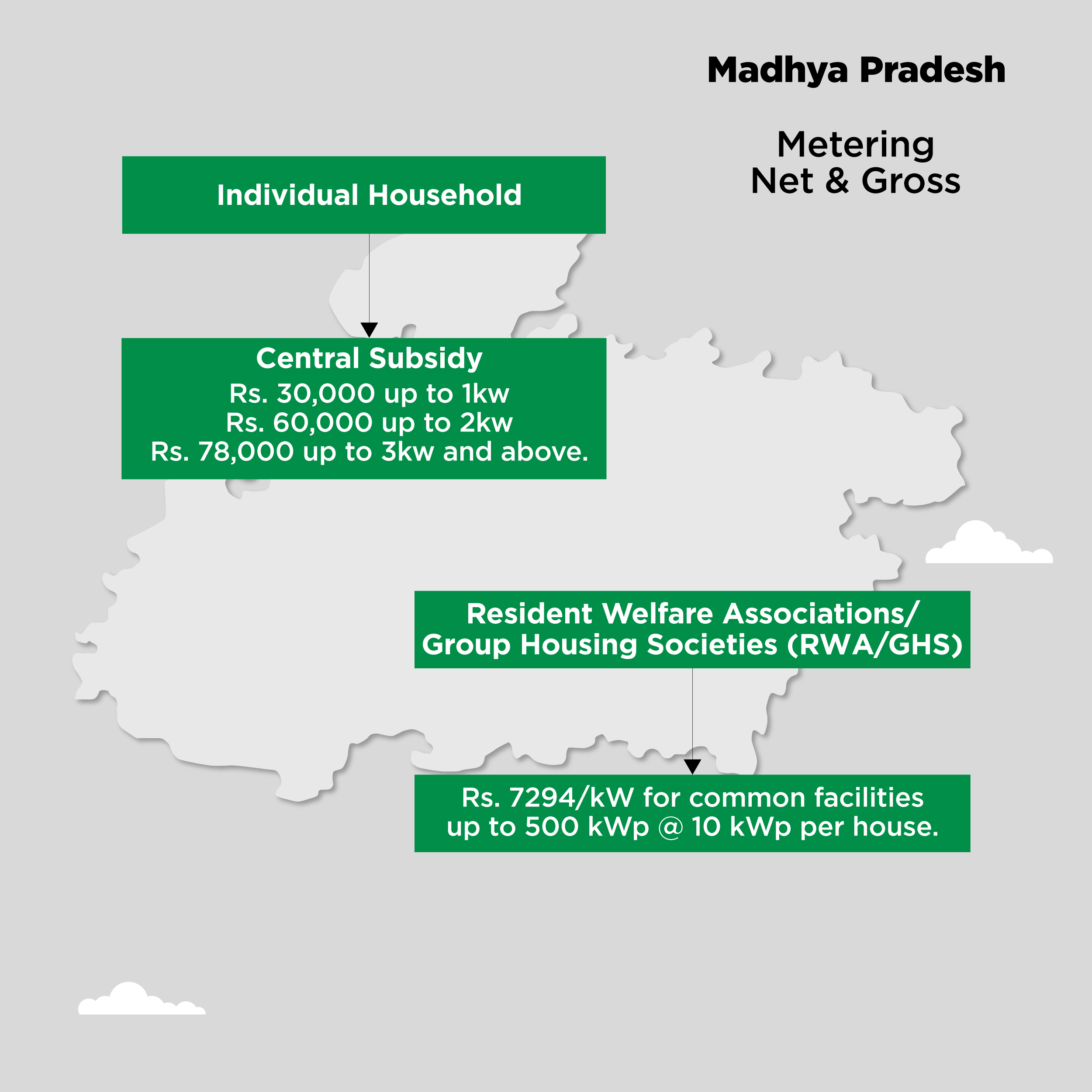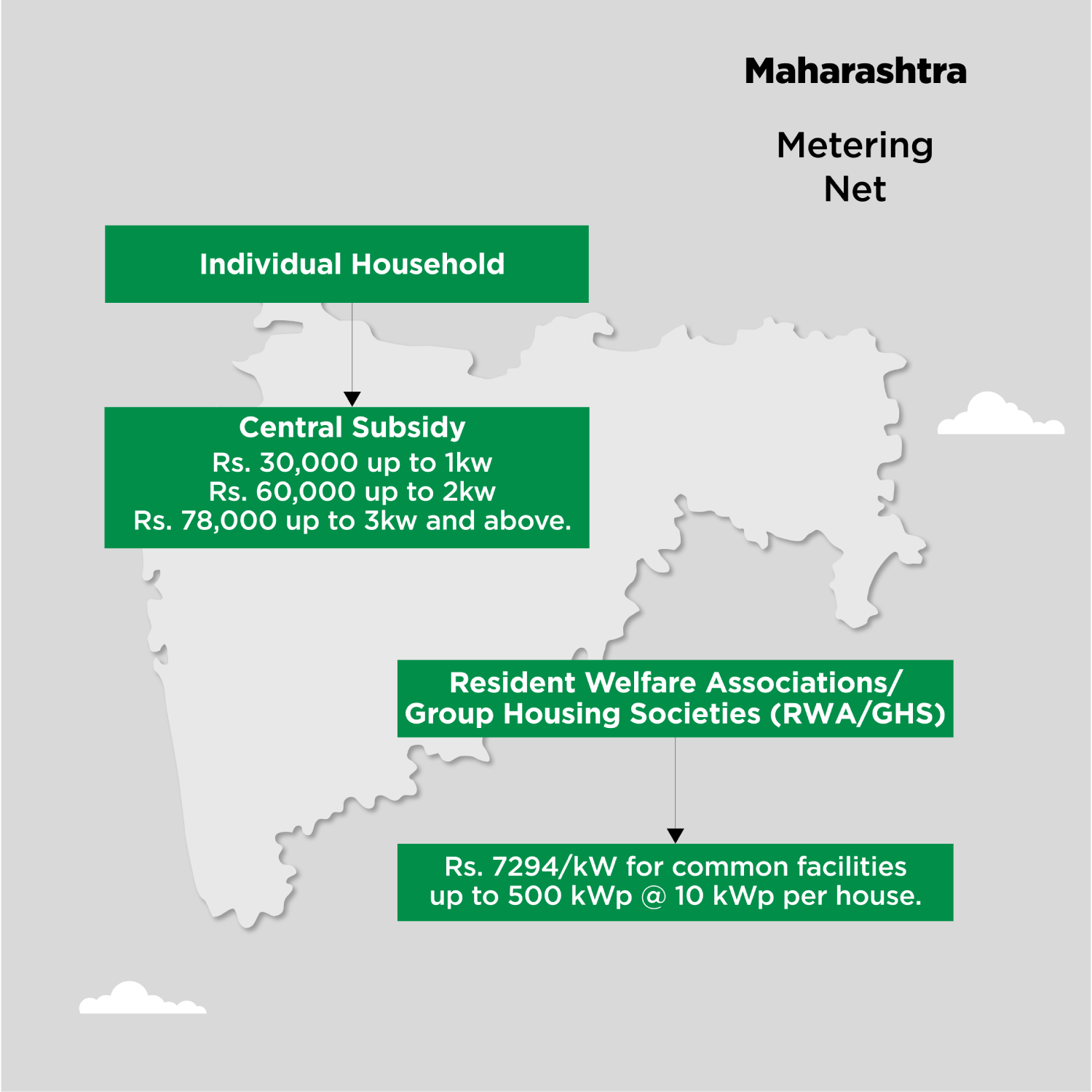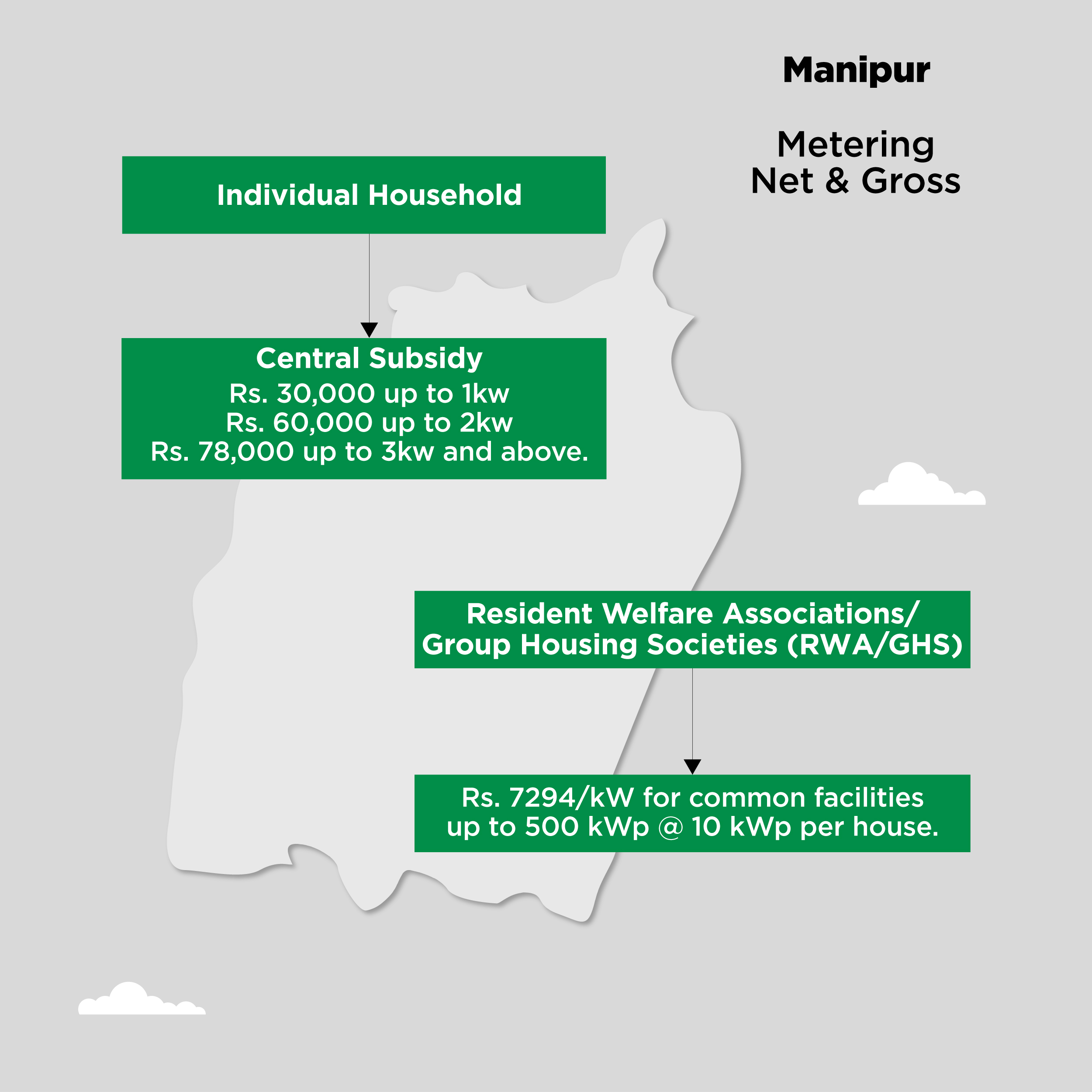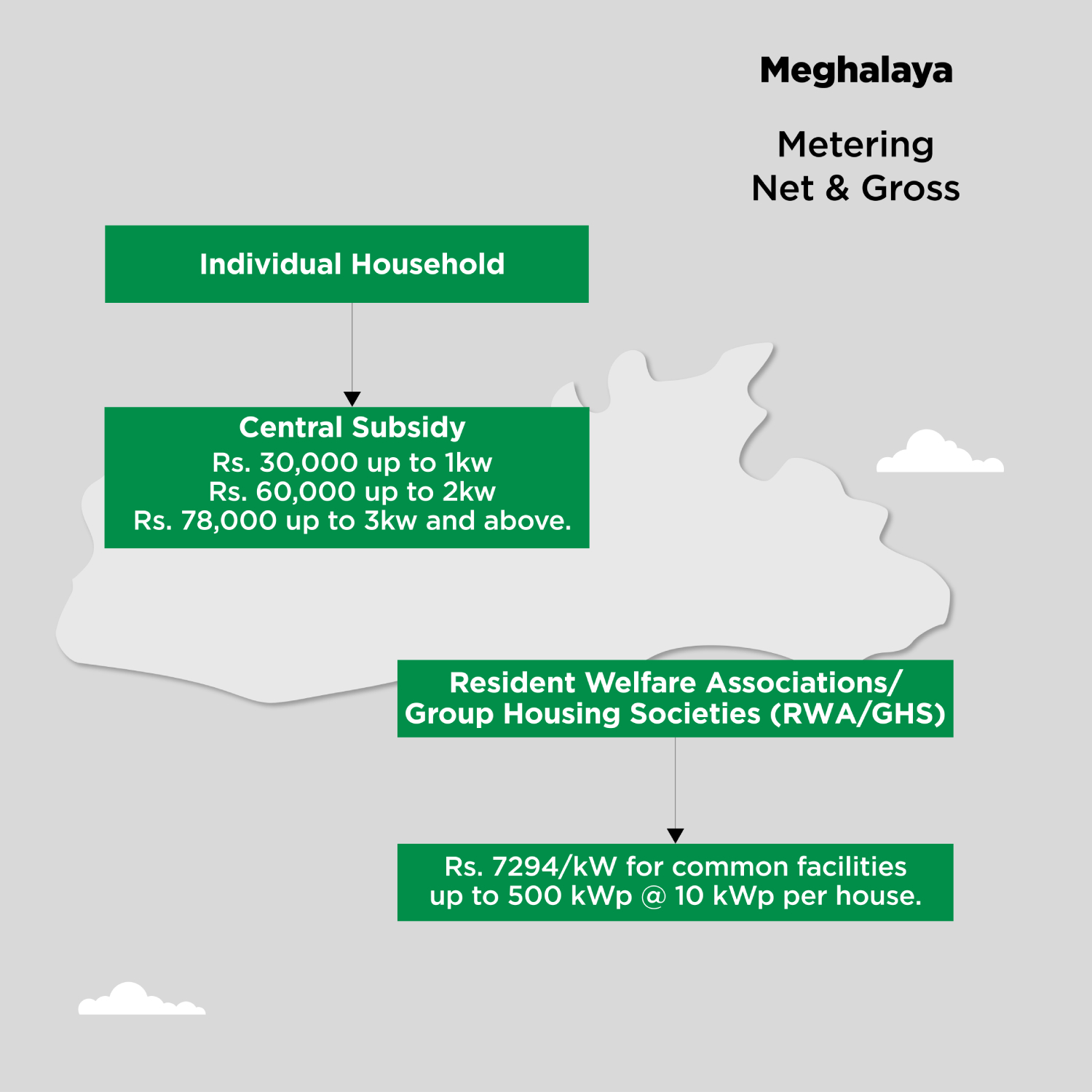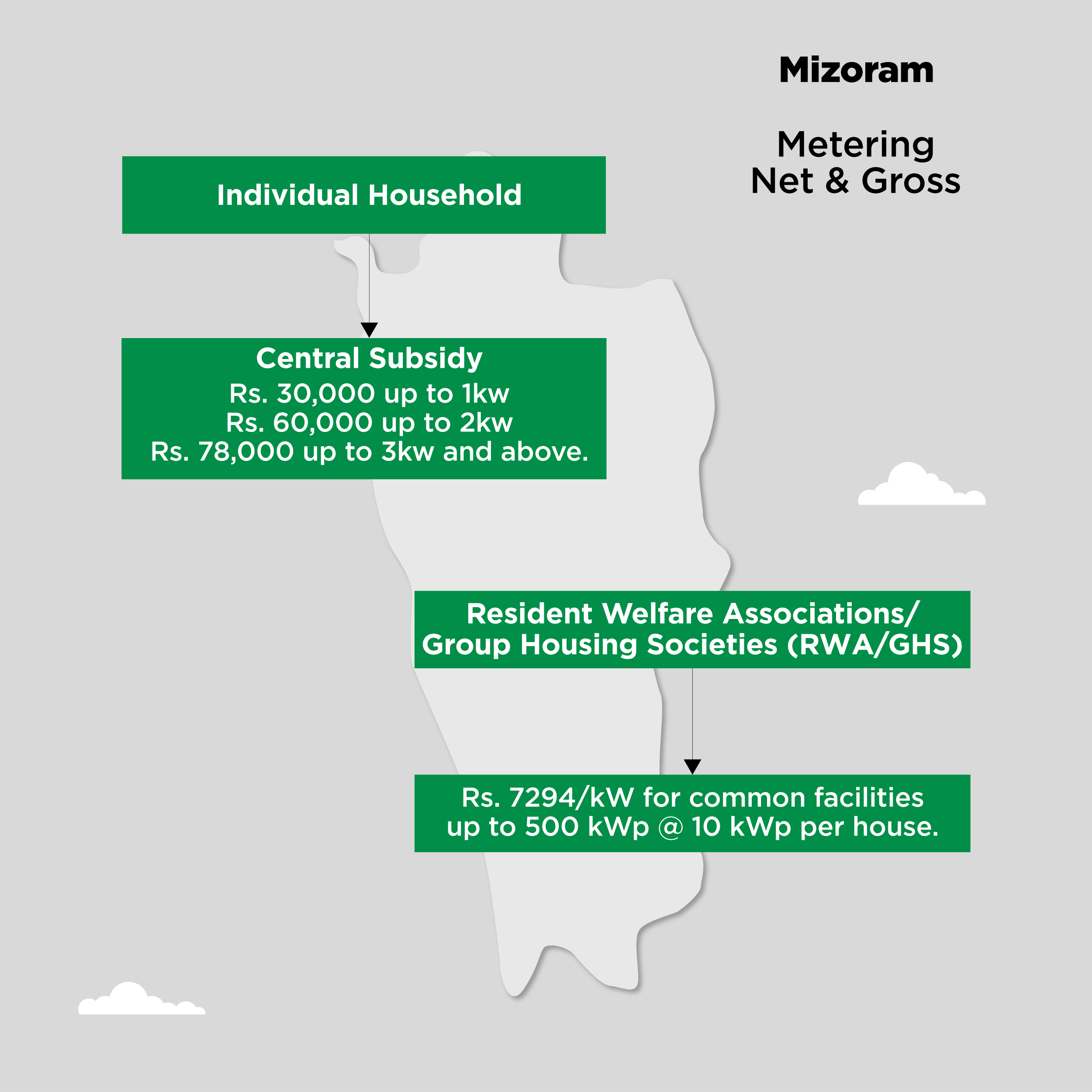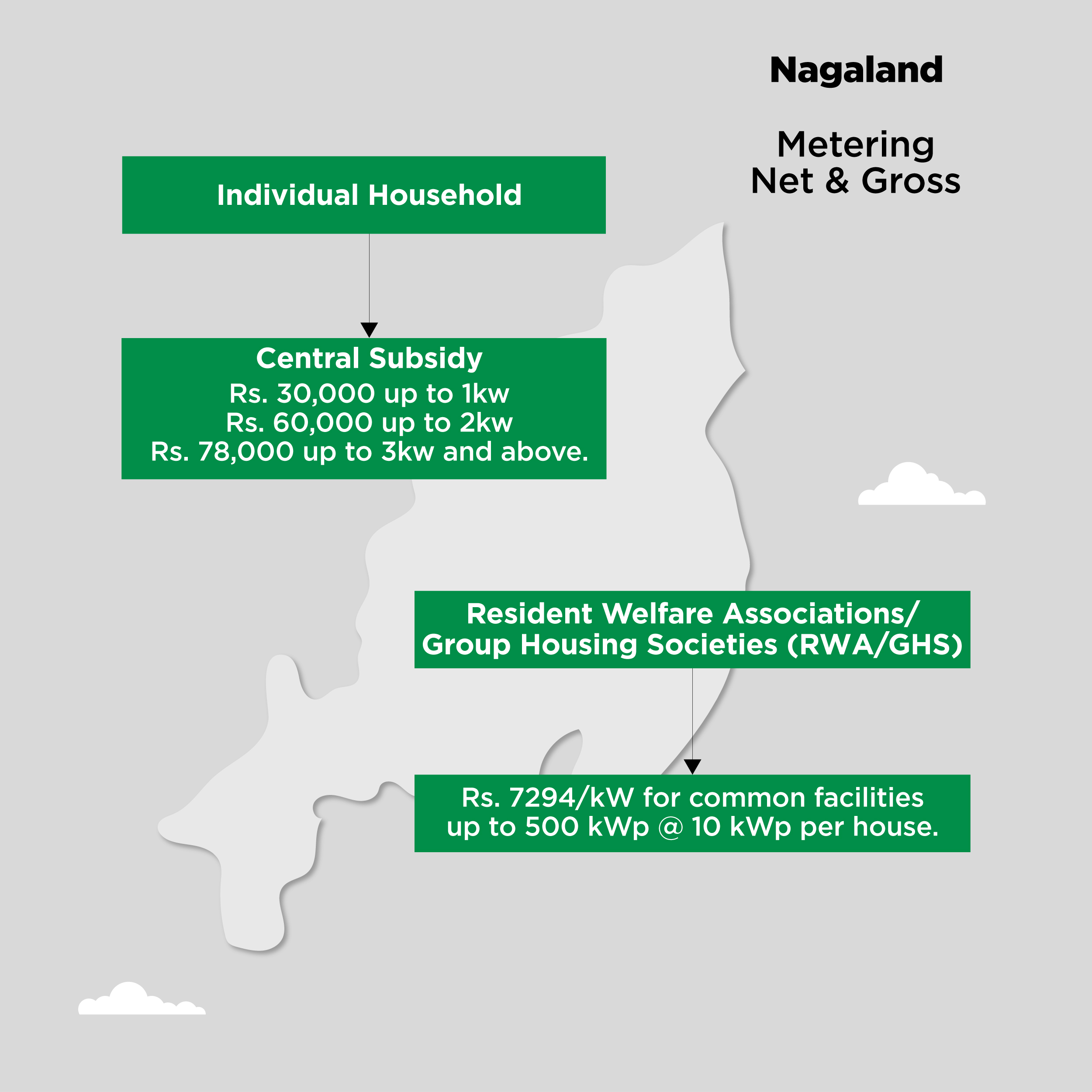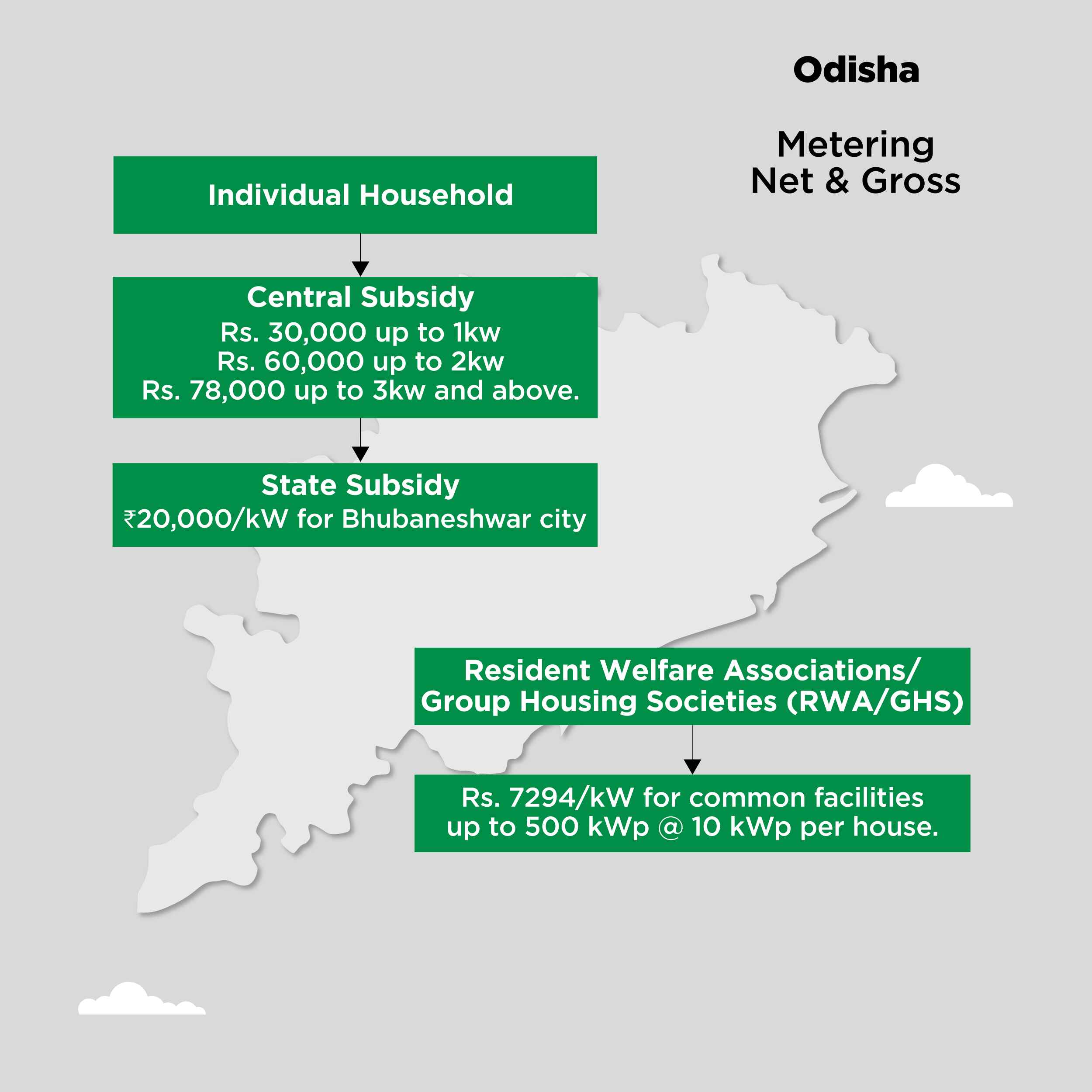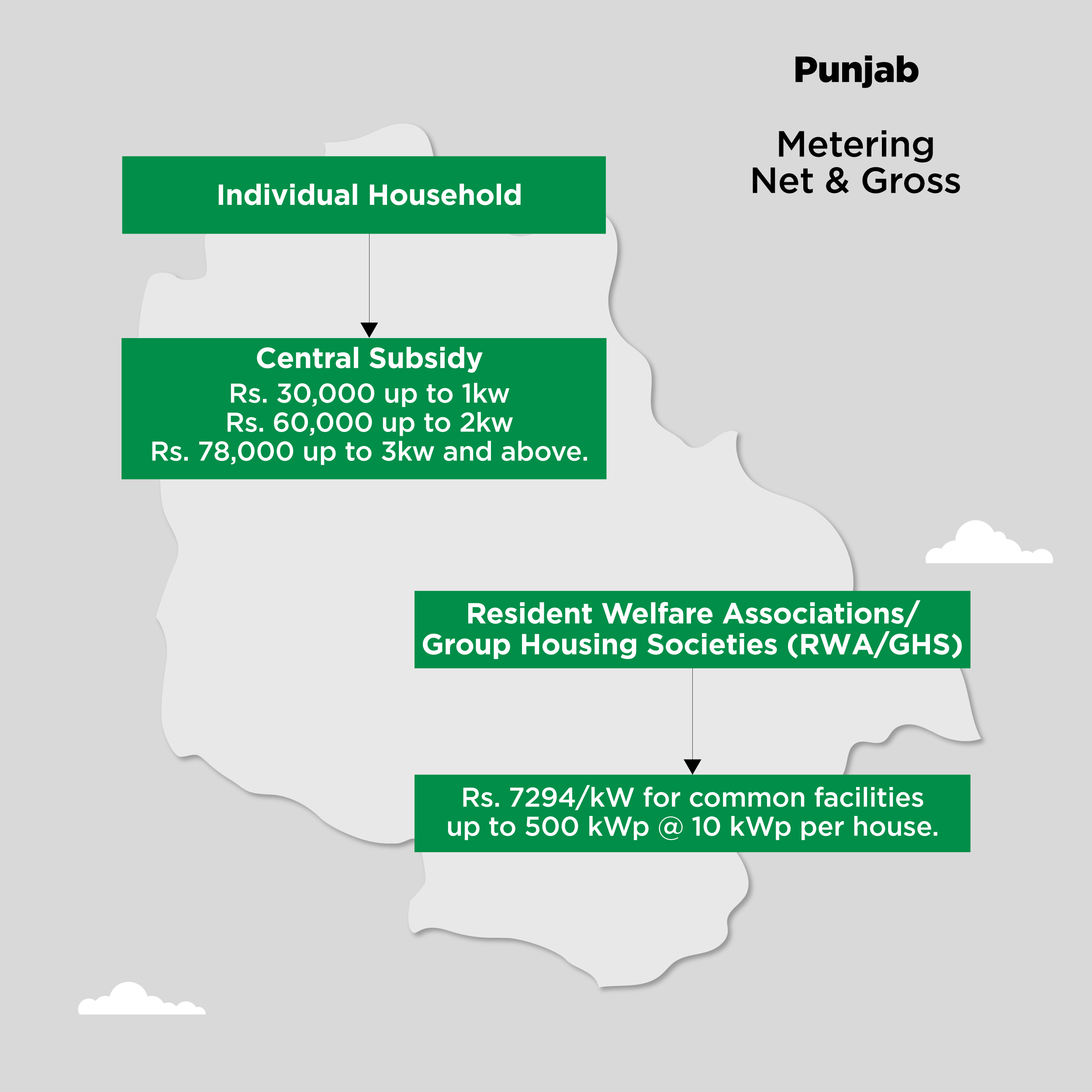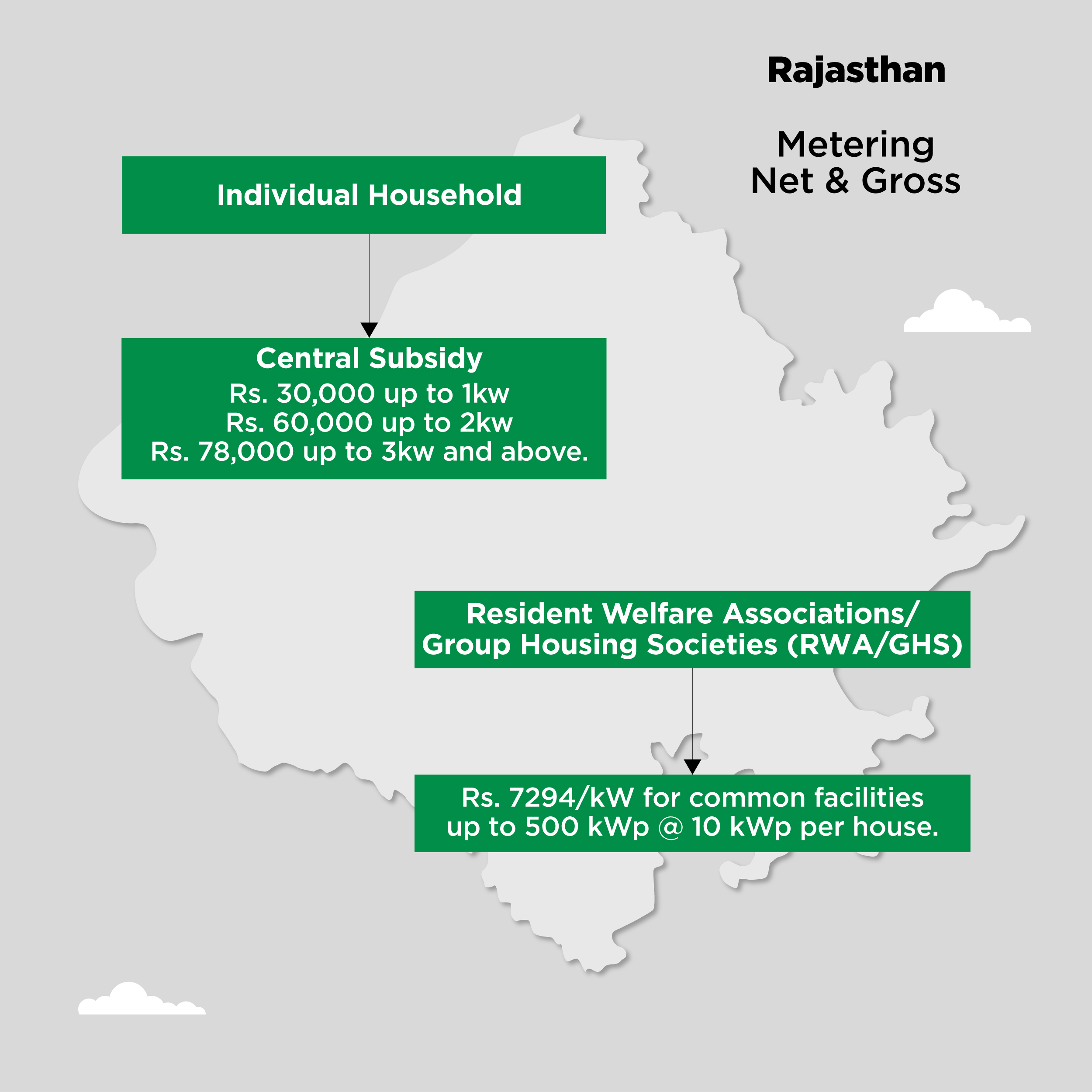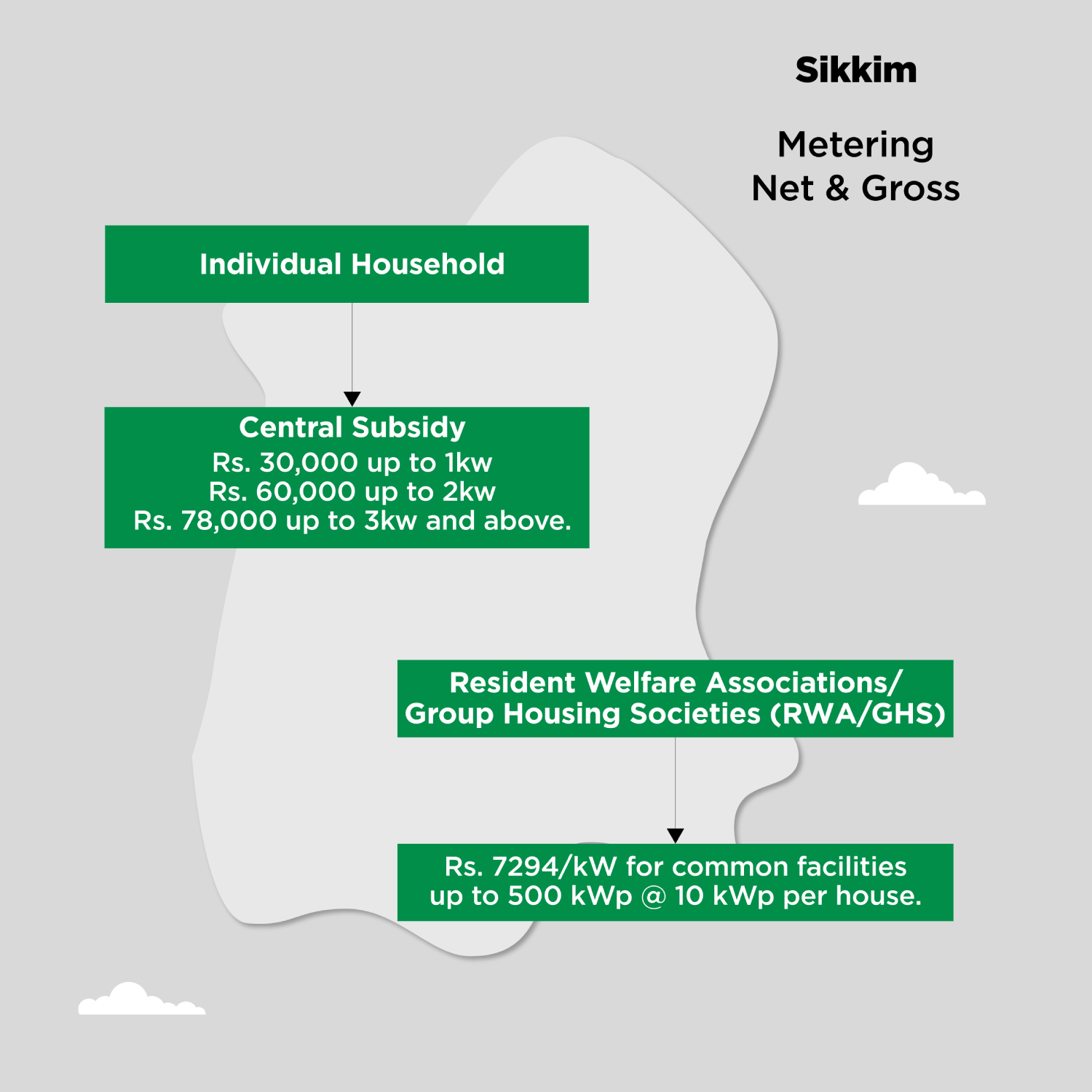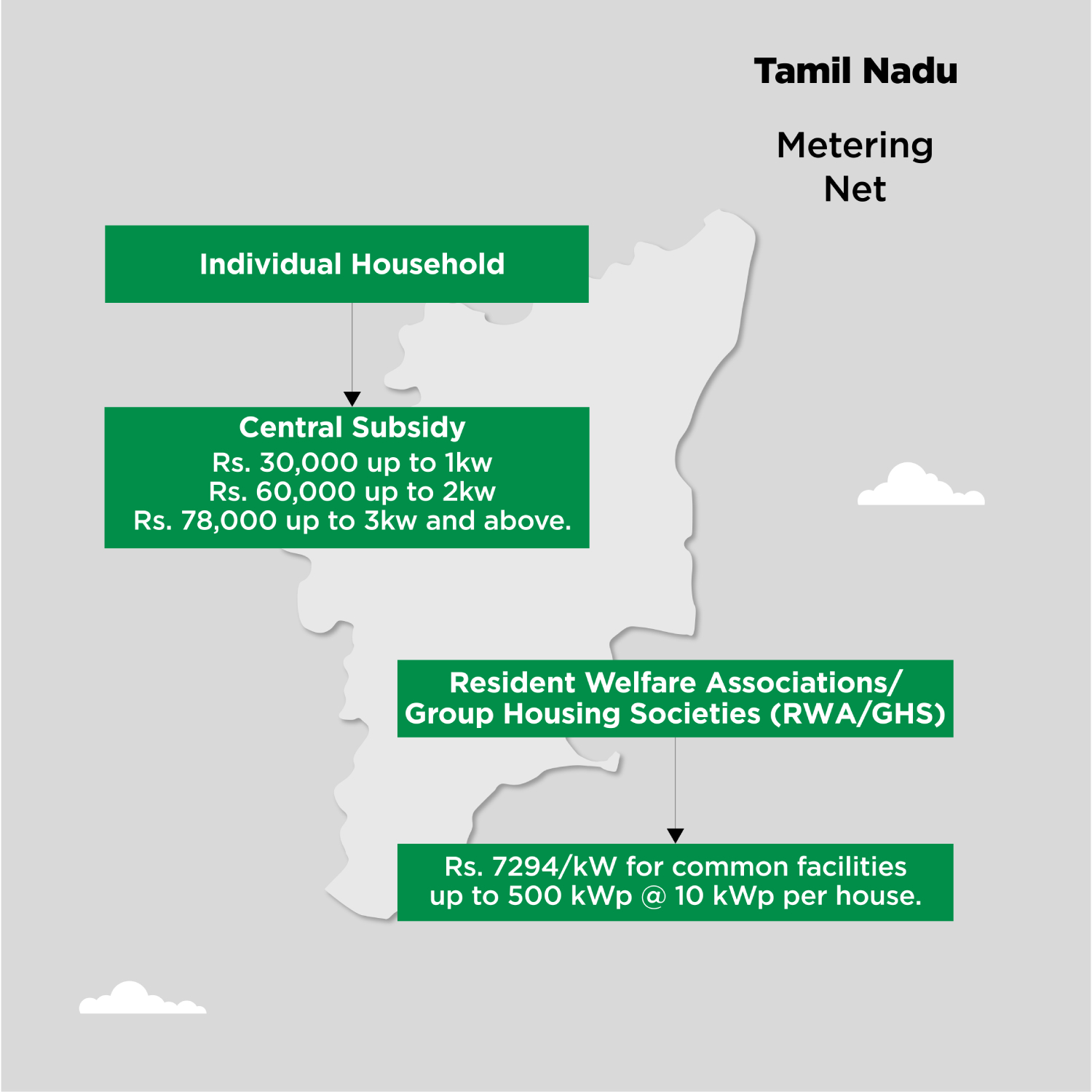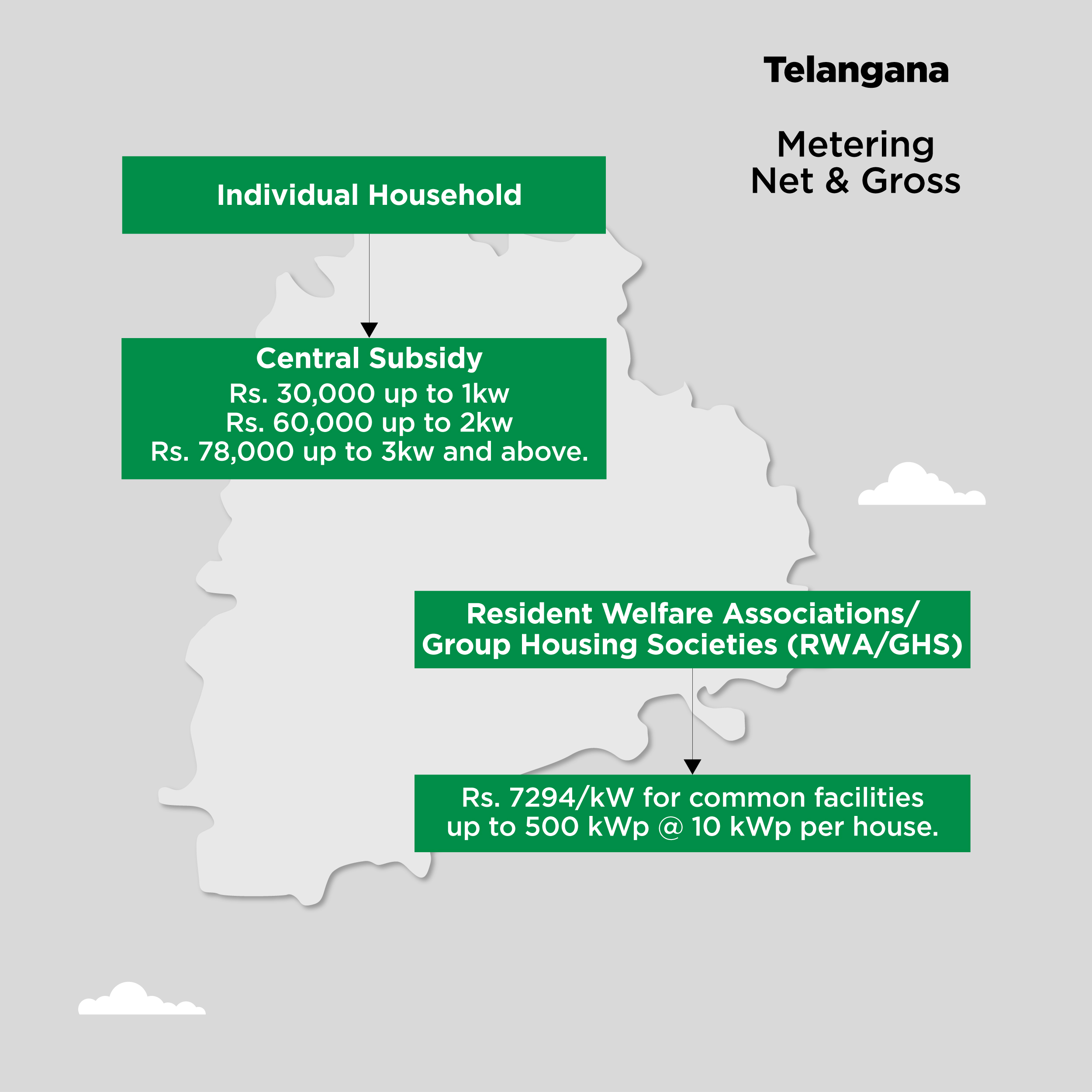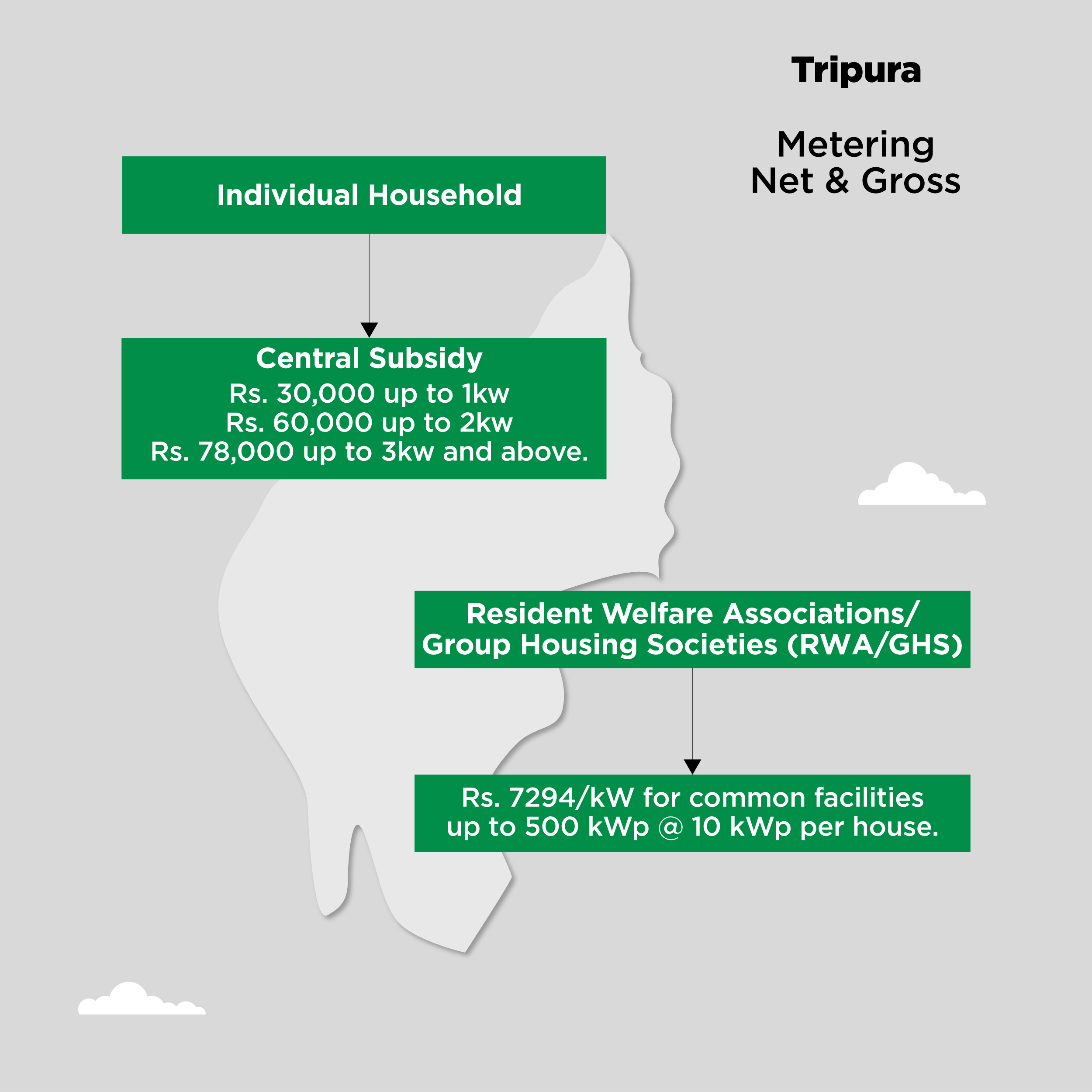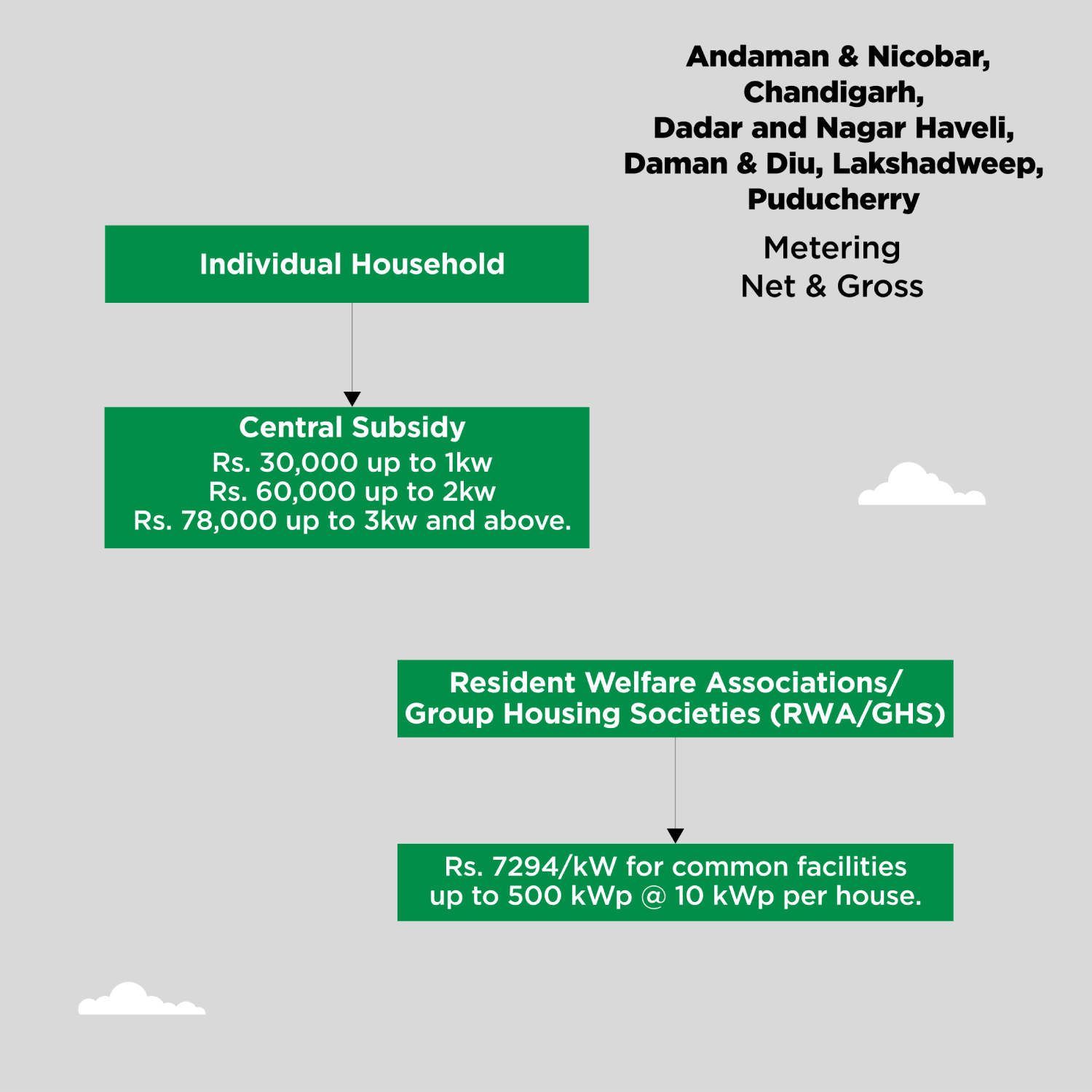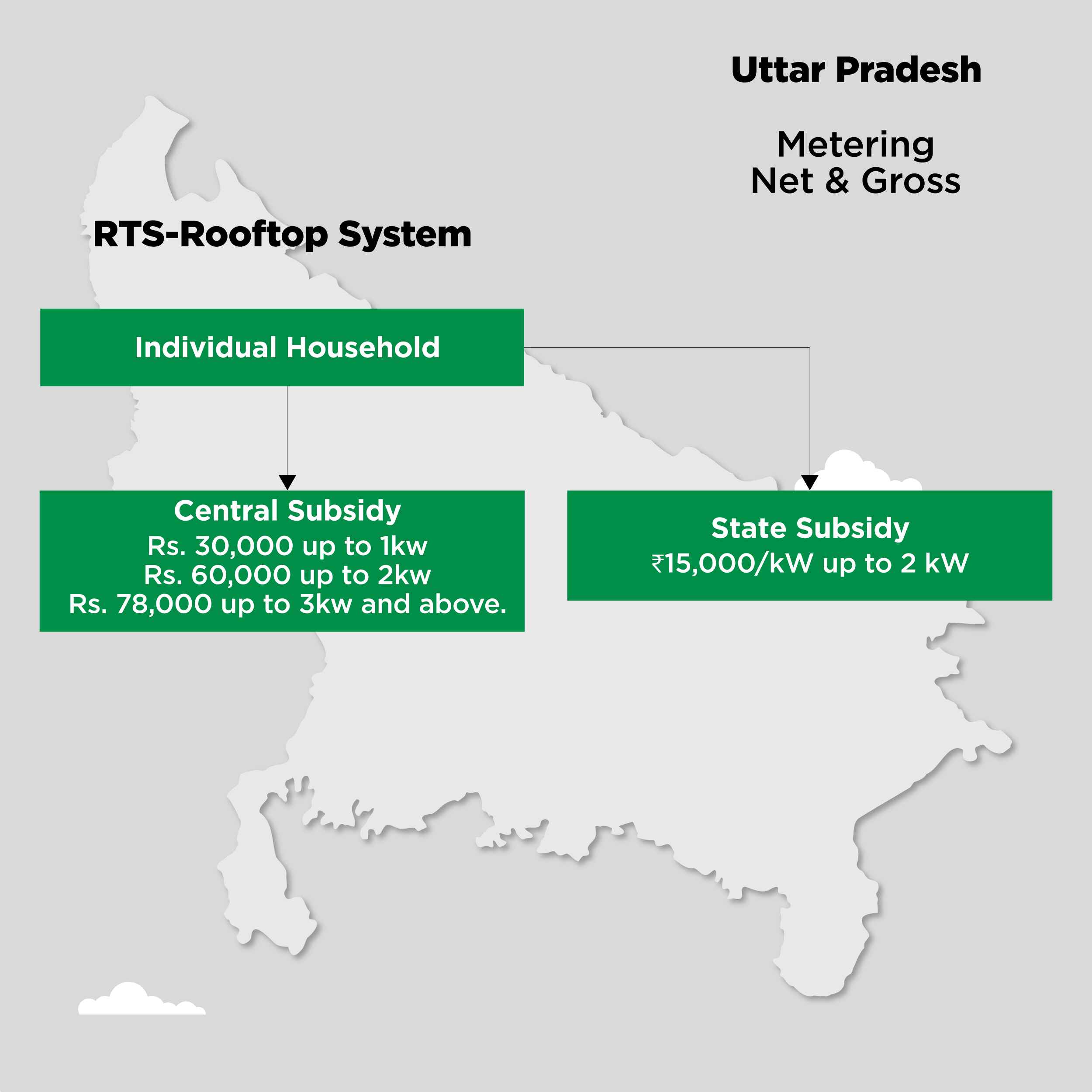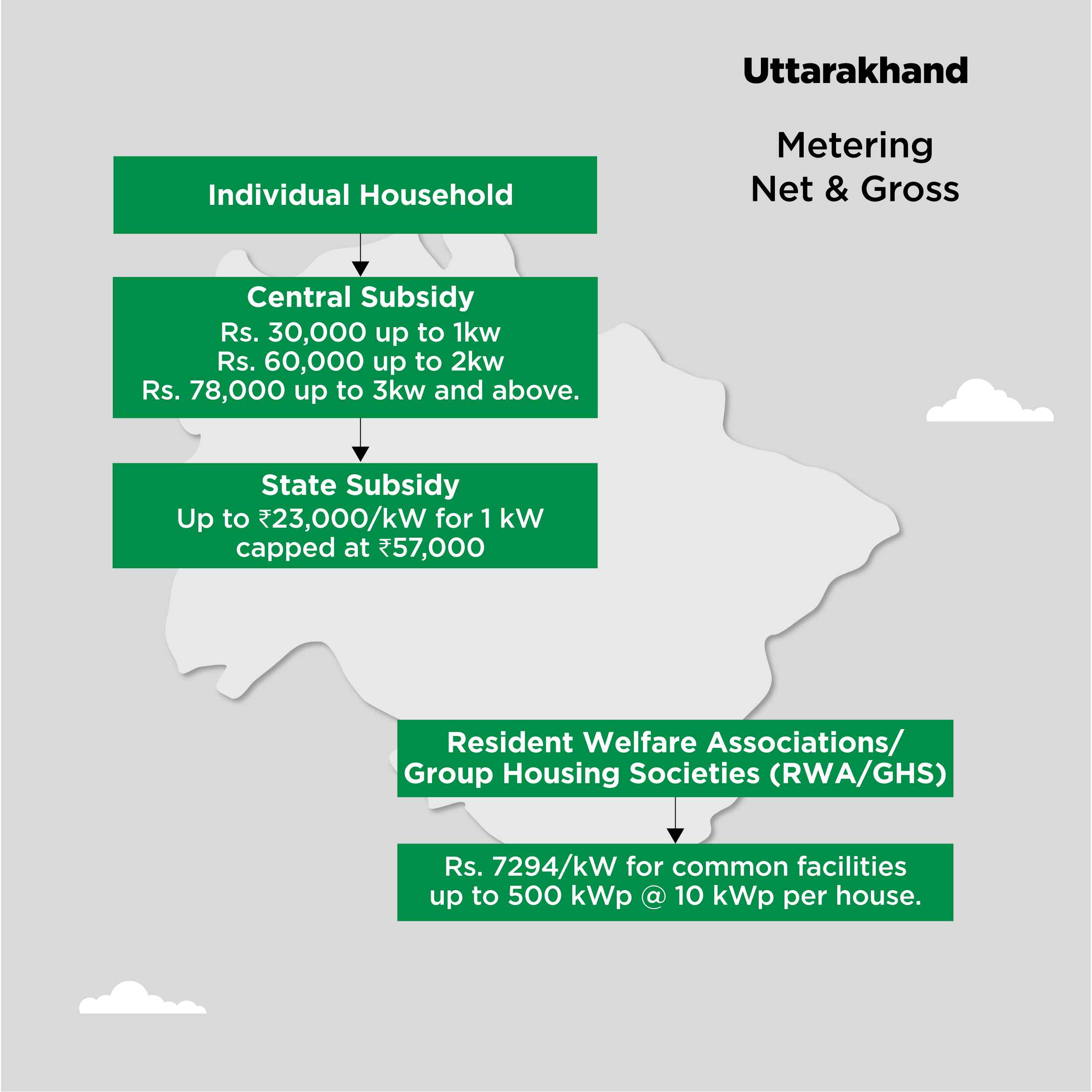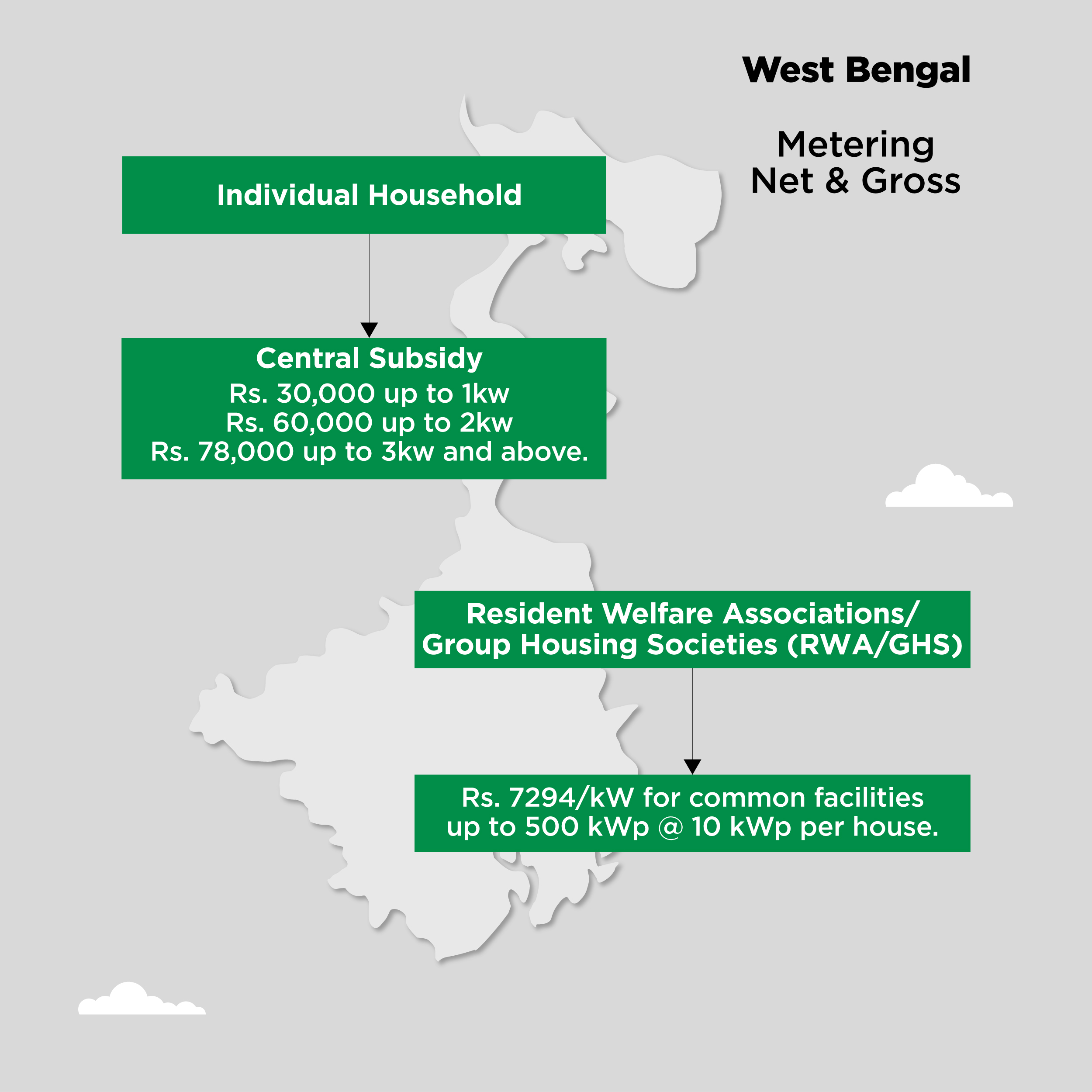
PM Surya Ghar Yojana: Transforming India's Energy Landscape
Key Goals of the PM Surya Ghar Yojana:
Decentralized Power Generation: The yojana seeks to shift reliance away from large-scale, centralized power plants towards a distributed network where individuals and communities generate their own electricity. This reduces dependence on the grid and increases energy reliability.
Increased Solar Adoption: With its substantial subsidies, the scheme dramatically lowers the financial hurdle for homes and residential societies to invest in solar power installations. This encourages even those with limited budgets to embrace clean, renewable energy.
Reduced Carbon Footprint: By encouraging a shift to solar energy, the PM Surya Ghar Yojana plays a vital role in India’s path toward its climate change commitments. Every rooftop solar installation reduces reliance on fossil-fuel-based power plants, resulting in a cleaner environment.
Job Creation and Economic Growth: The solar power sector – from panel manufacturing and installation to maintenance – has significant job creation potential. The scheme acts as a catalyst for stimulating this “green” segment of the economy.
How Subsidies Achieve These Goals
Overcoming Financial Barriers: The high upfront cost of solar panels has traditionally been a significant obstacle to adoption. Subsidies under the PM Surya Ghar Yojana make this technology accessible even to those with limited budgets.
Long-term Savings: While there’s an initial investment, households significantly reduce their electricity bills over the long run with solar power. The subsidies help ensure people see the financial benefit much sooner.
Scaling Up the Market: Subsidies attract more solar power manufacturers and installers, increasing competition and ultimately driving down prices for consumers.
Community-Level Impact: Rooftop solar projects by housing societies or RWAs reduce the load on the grid while providing collective financial savings, benefiting the development of the community as a whole.
Subsidies for Residential Households: Your Path to Solar Savings
Reduced Upfront Costs: The heart of the PM Surya Ghar Yojana lies in the generous solar panel subsidies it offers to homeowners. These subsidies make the initial investment in solar panel installation significantly more manageable, encouraging widespread adoption
Eligibility and Process: While the specific eligibility may have some variations across states, generally, any homeowner with suitable rooftop space can benefit from this solar panel government scheme. Your designated State Nodal Agency (SNA) is the best source of information for eligibility criteria and the step-by-step process to apply for your solar panel installation subsidy.
Subsidies for GHS/RWAs: Powering Up Communities
Shared Benefits: Group Housing Societies and Resident Welfare Associations play a crucial role in driving solar energy adoption in India. The PM Surya Ghar Yojana supports these entities with subsidies designed specifically for larger-scale solar projects within residential communities.
Collective Savings: By installing solar panels through this scheme, housing societies can generate clean energy for individual residences and substantially reduce electricity costs in shared spaces like lobbies, gardens, and other common facilities.
Potential for Increased Subsidies: Due to the larger scale of installations, GHS/RWAs often qualify for even more substantial subsidy amounts from the government, making the transition to solar energy even more financially appealing.
Key Considerations for Maximizing Benefits
System Size Matters: Remember, the subsidy you receive under the PM Surya Ghar Yojana is usually linked to the kilowatt (kW) capacity of your solar panel system. A larger system may attract greater subsidies.
Exploring Net Metering: Inquire with your local electricity distribution company about net metering policies in your area. Net metering can significantly boost your savings by allowing you to sell excess solar power back to the grid, further reducing your reliance on traditional electricity.
Partnering with DISCOMs and SNAs: Your electricity distribution company (DISCOM) and your State Nodal Agency are valuable resources when it comes to navigating the PM Surya Ghar Yojana. They can provide guidance on eligibility, the application process, approved vendors for solar panels, and additional details specific to your location.

